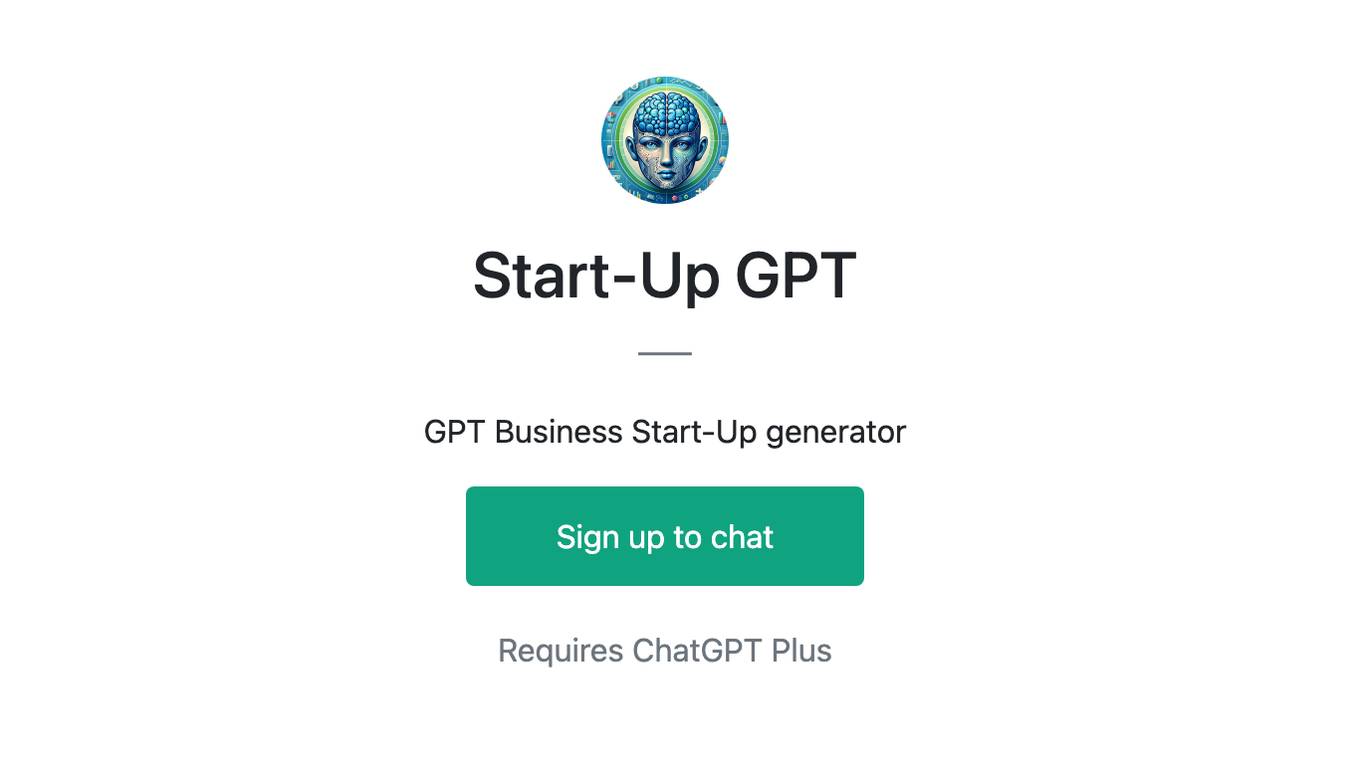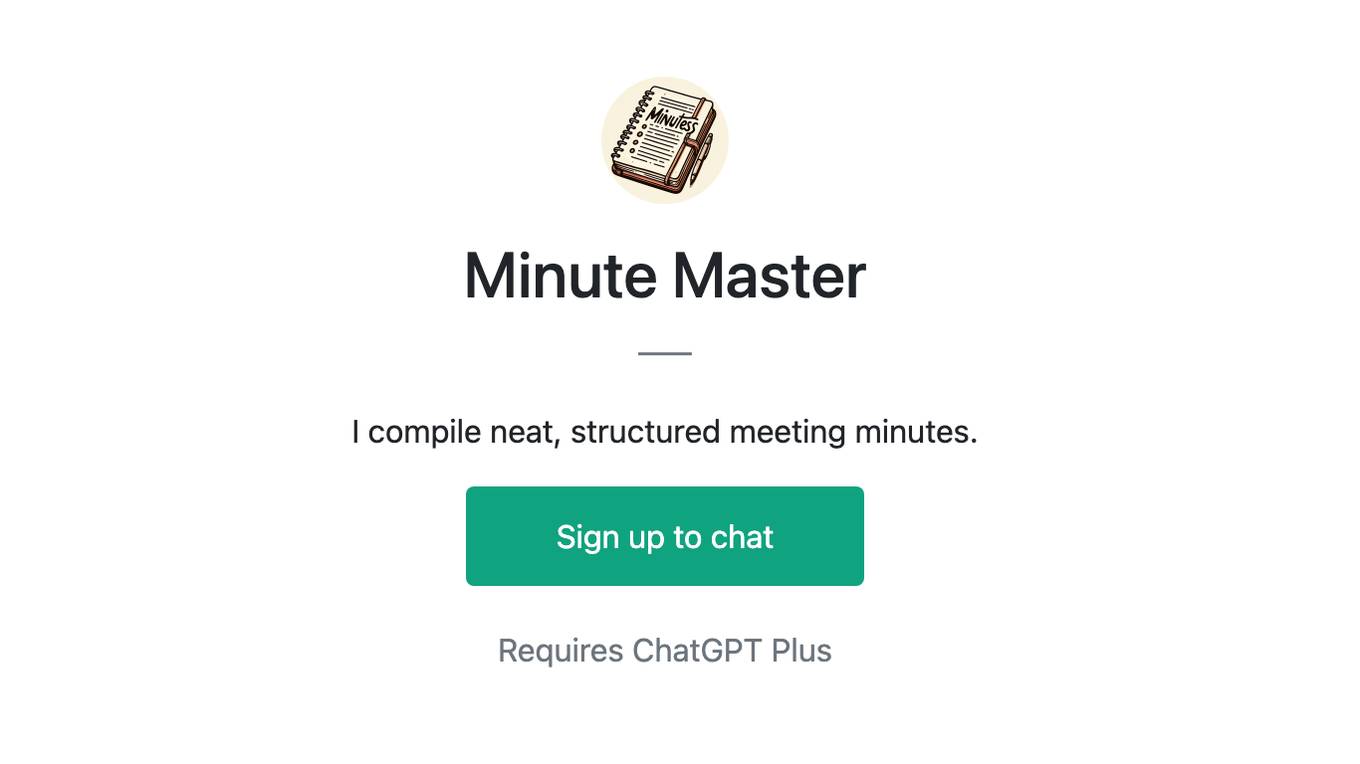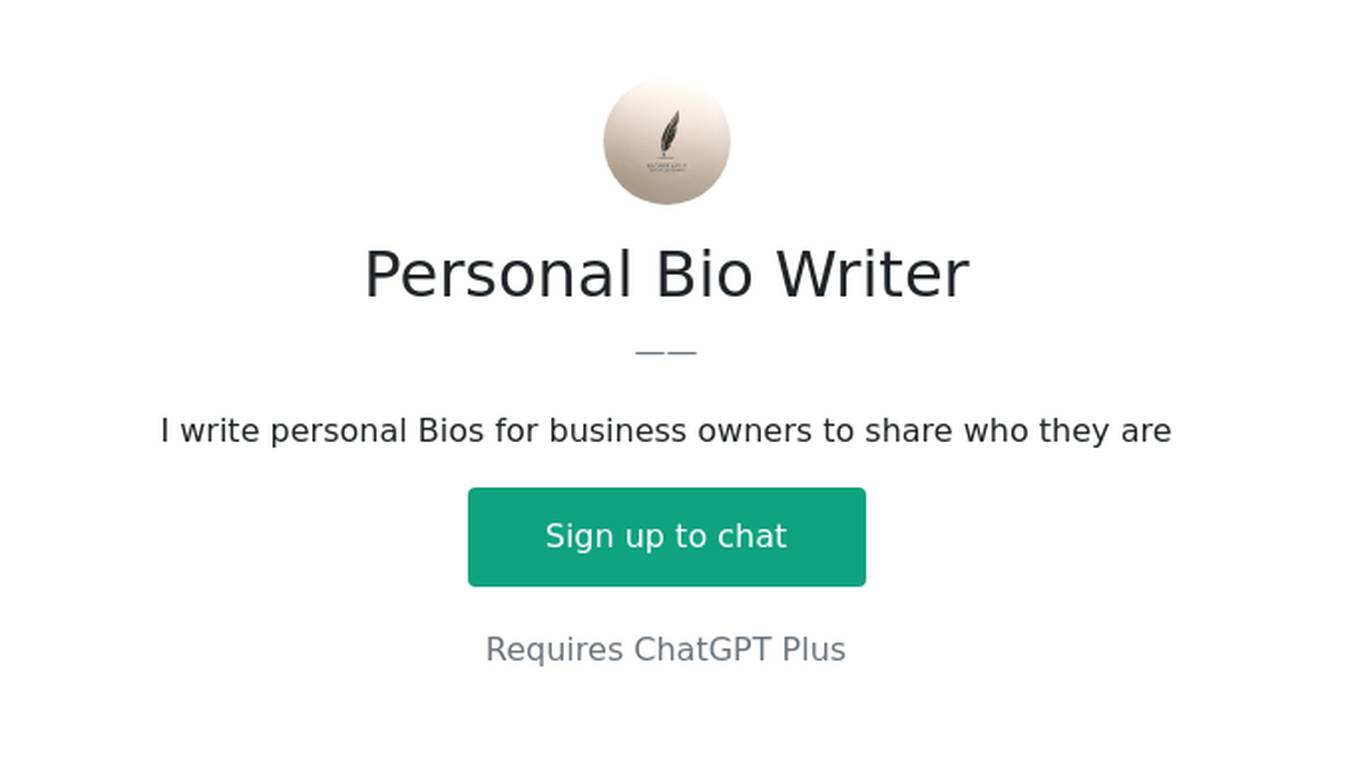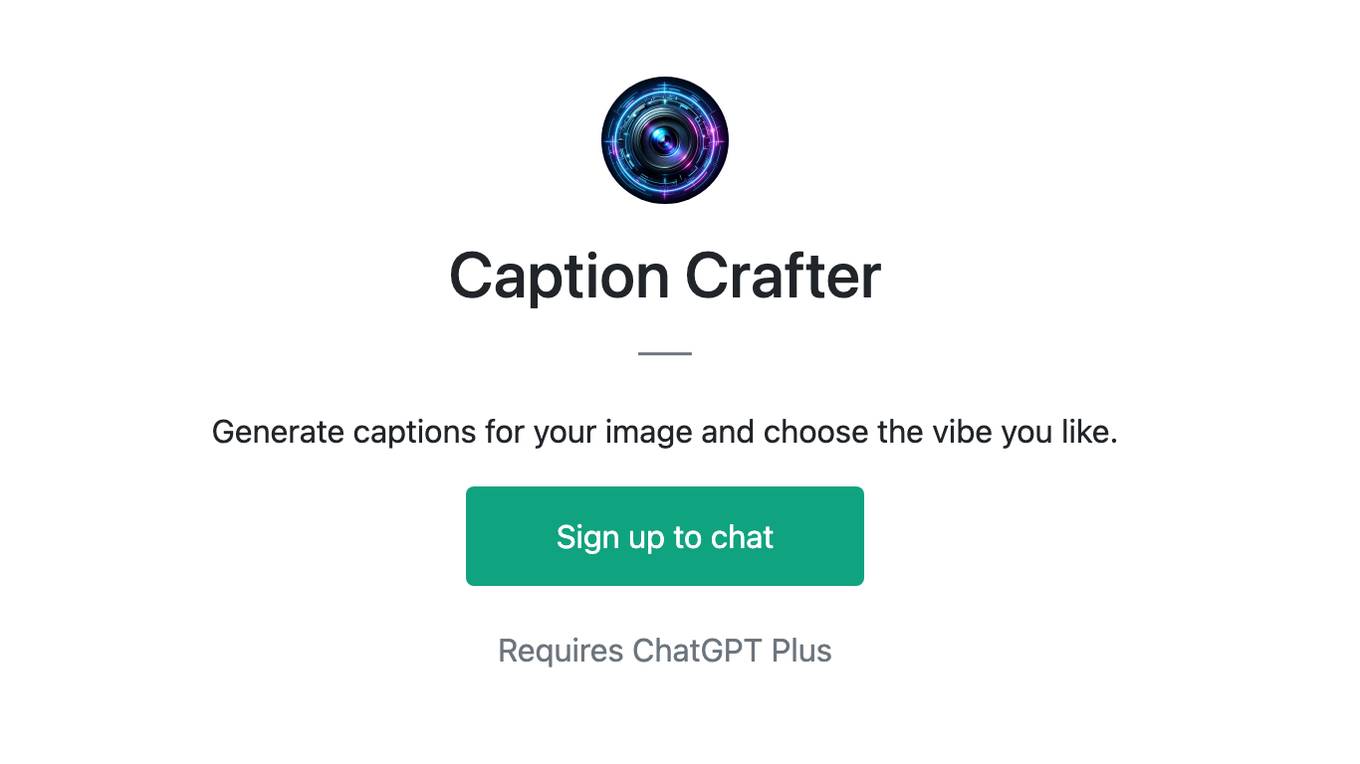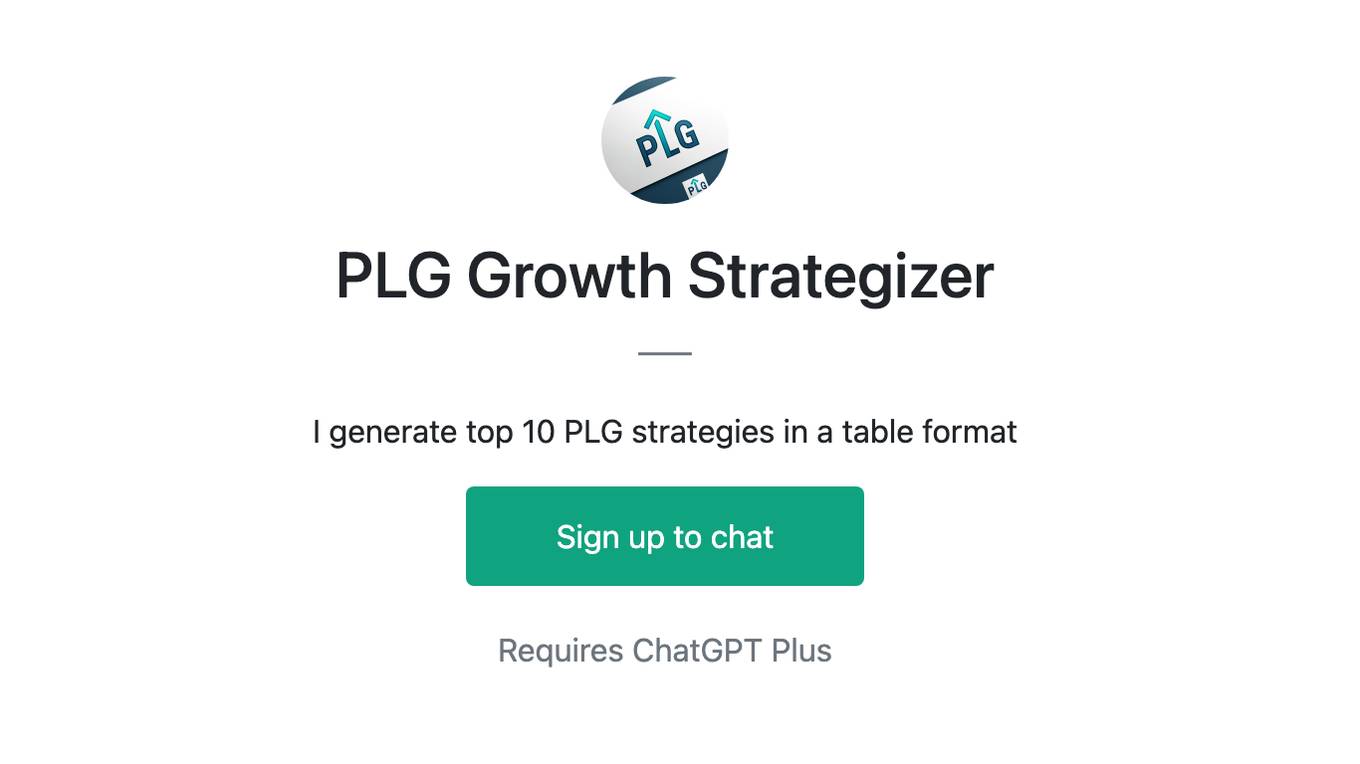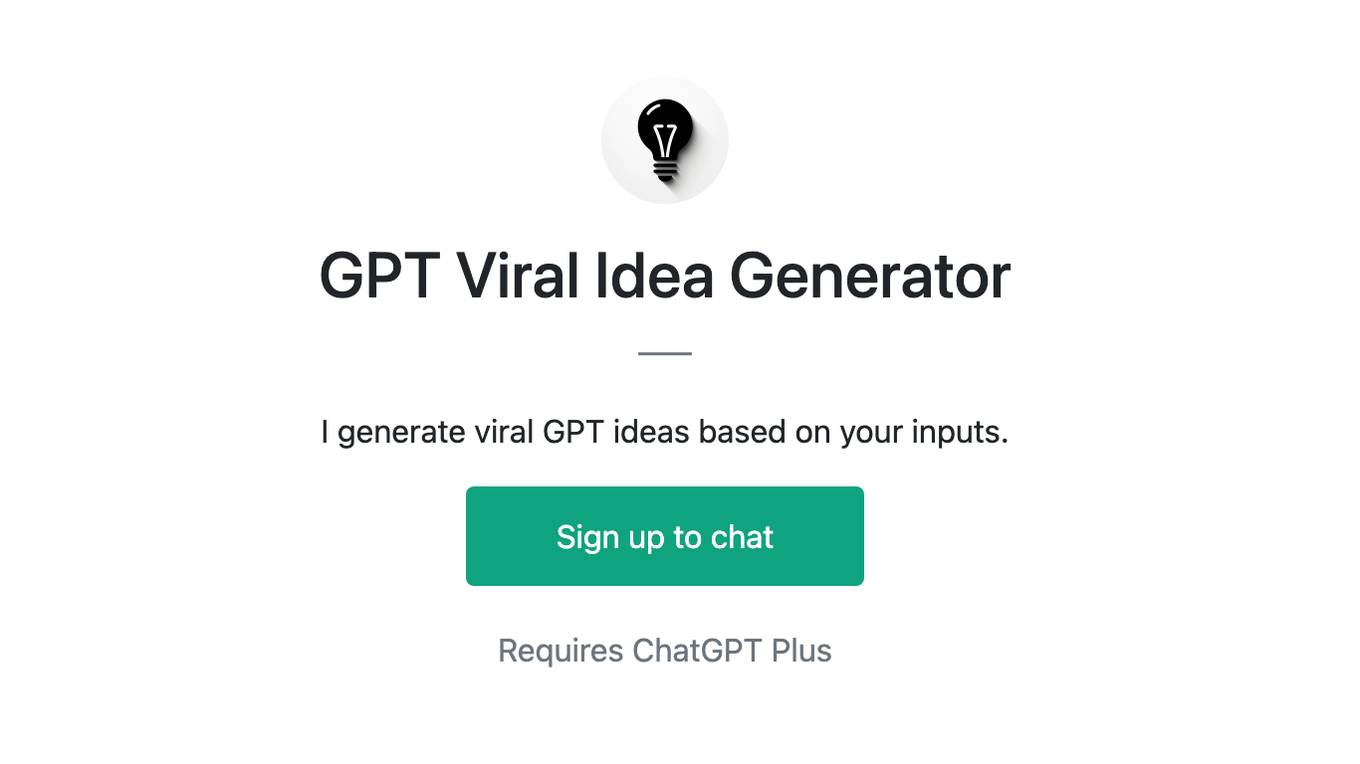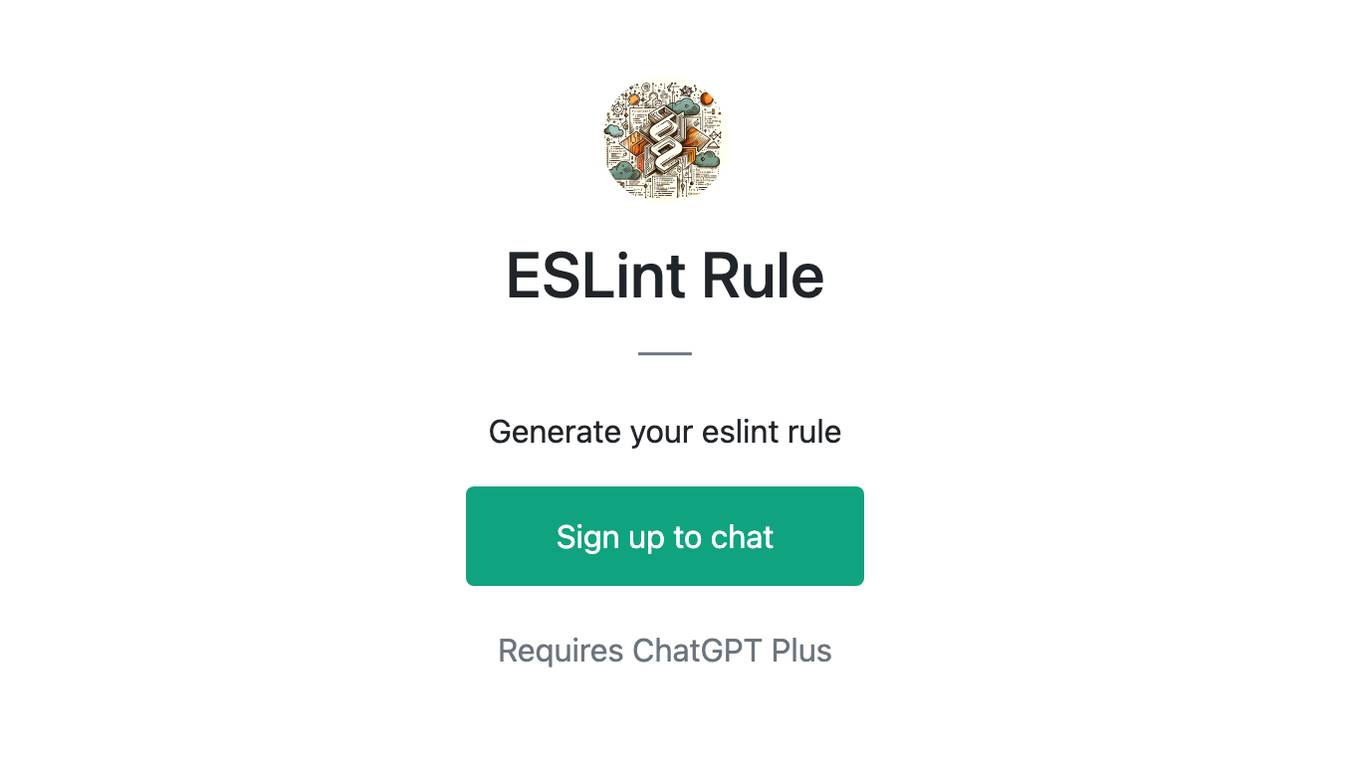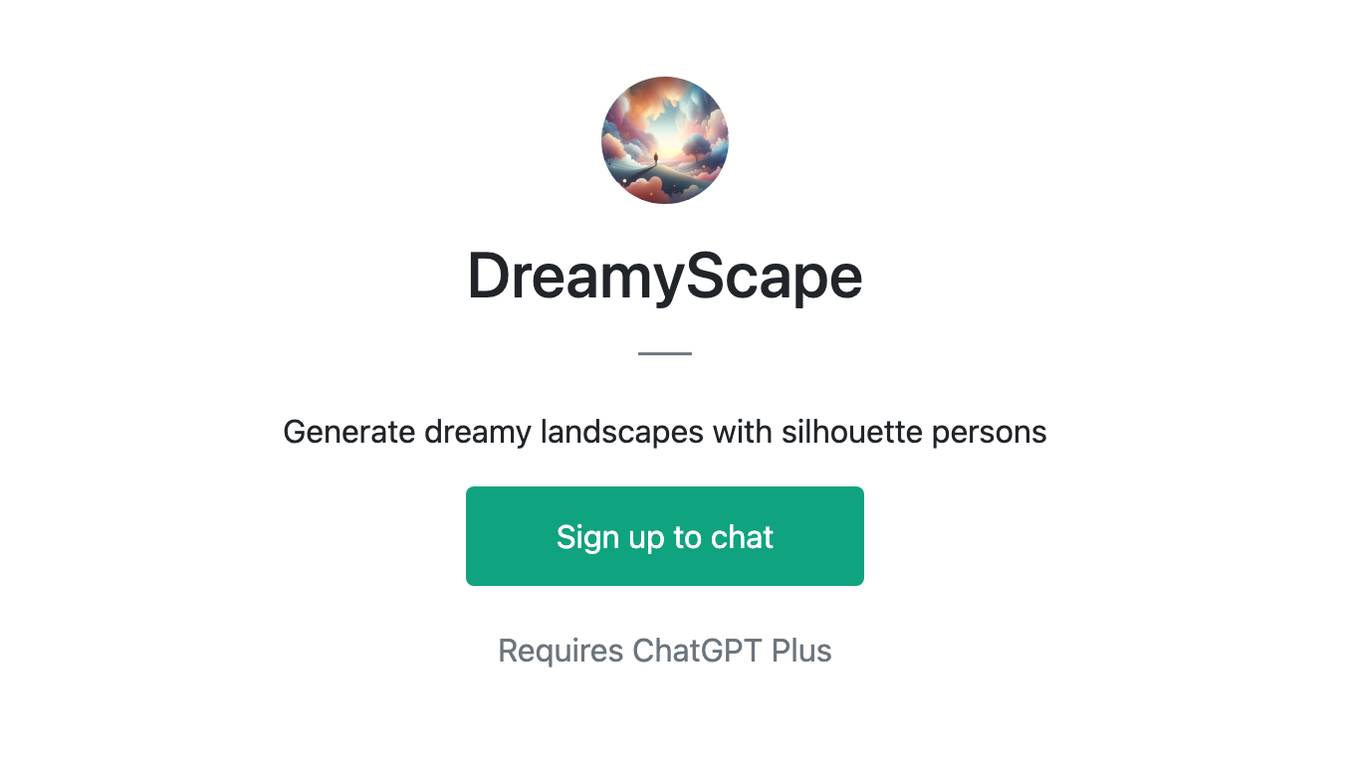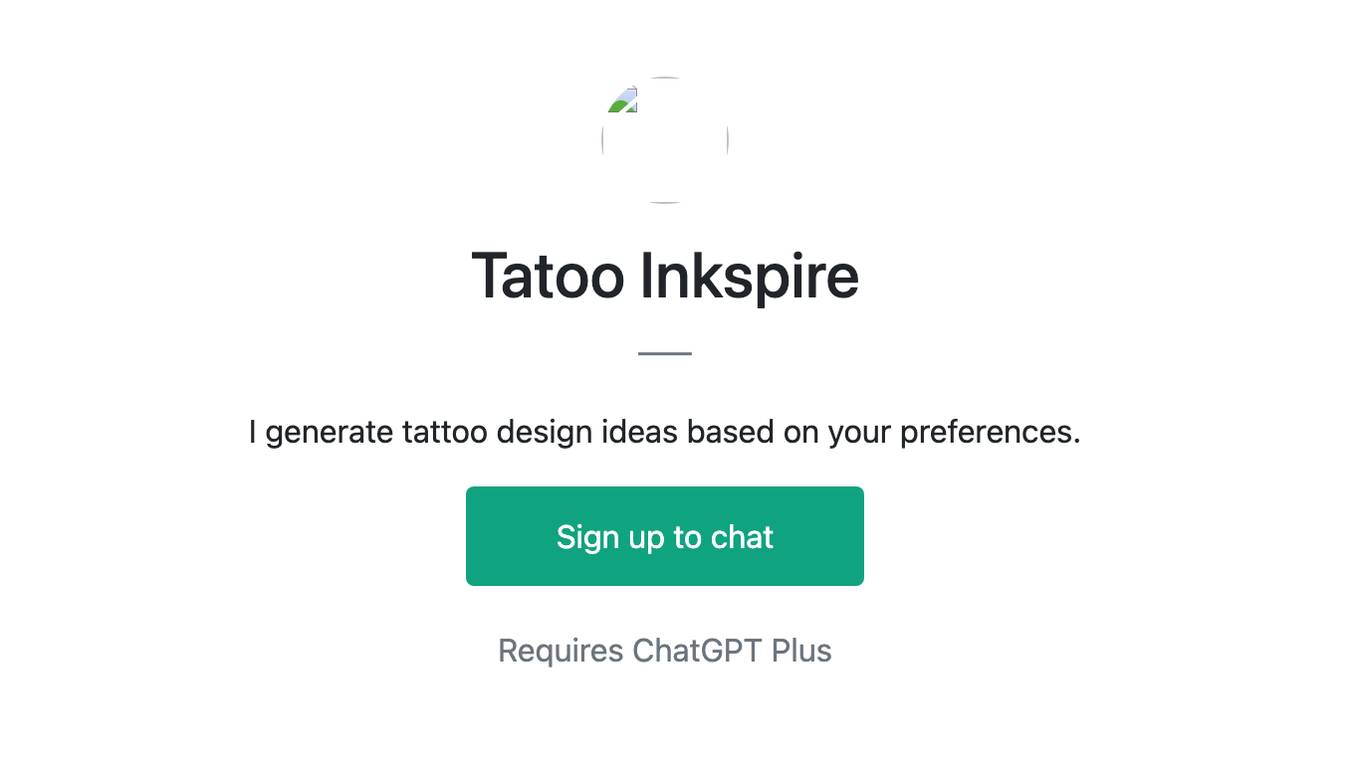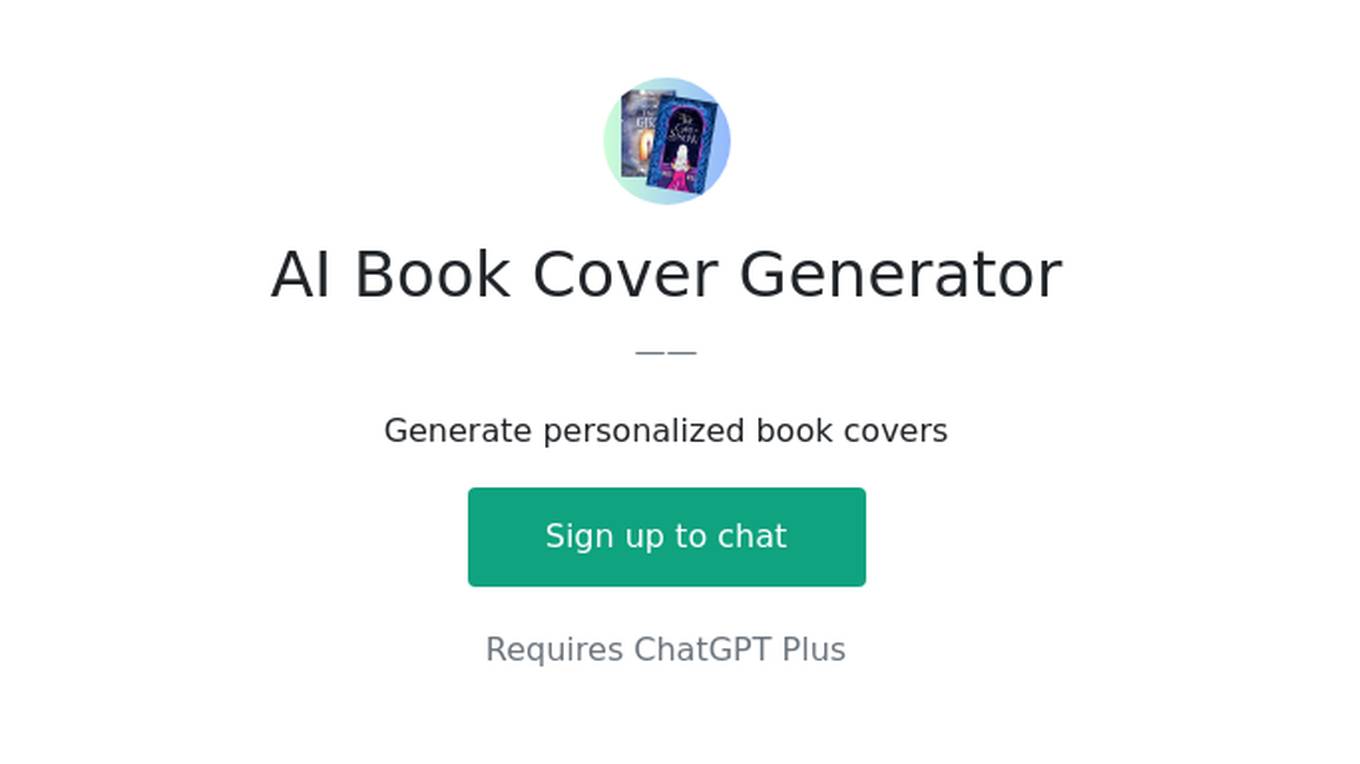Best AI tools for< Generate Minutes >
20 - AI tool Sites
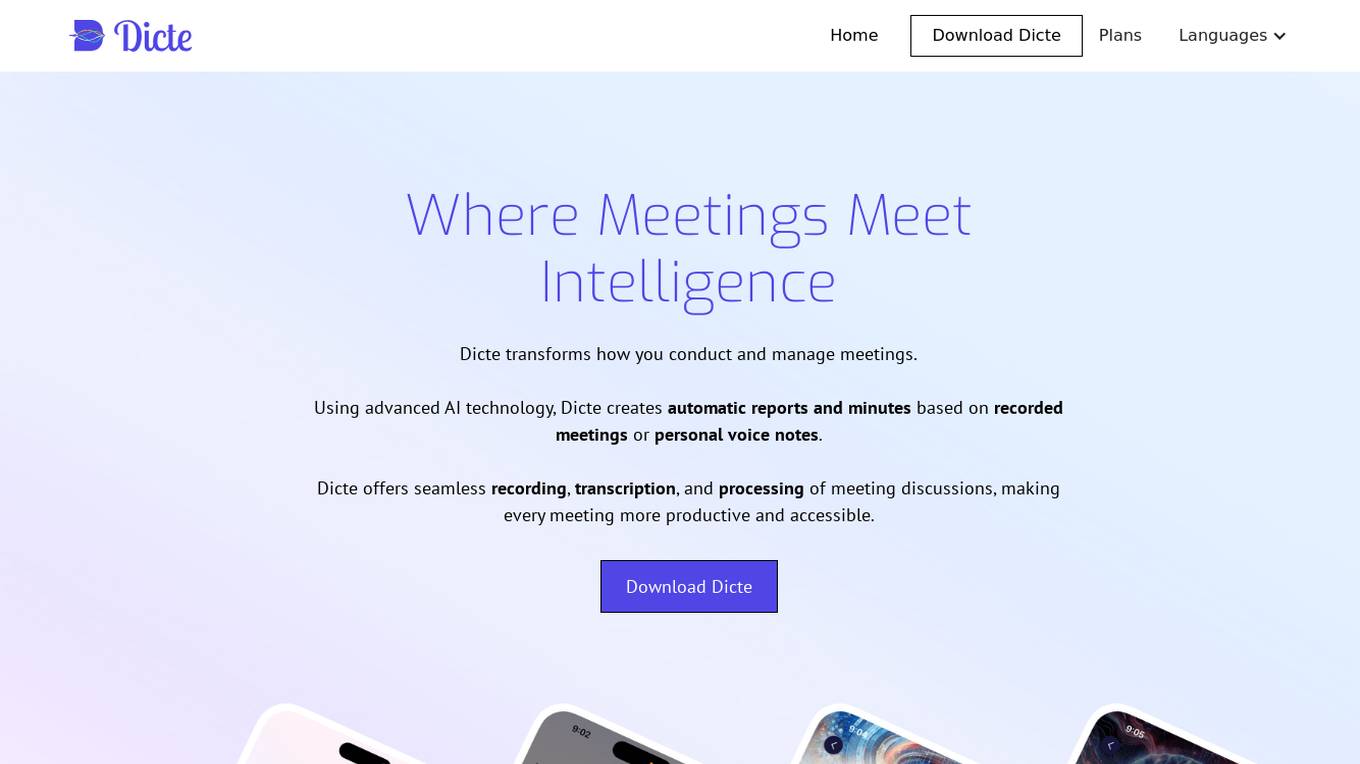
Dicte.ai
Dicte.ai is an advanced AI-powered application that revolutionizes the way meetings are conducted and managed. It offers seamless recording, transcription, and processing of meeting discussions, creating automatic reports and minutes based on recorded meetings or voice notes. Dicte ensures clarity and context in conversations with speaker identification and contextual understanding. The application empowers users to break language barriers with multilingual support and provides tools for SWOT analysis, meeting minutes generation, and more. Dicte prioritizes data privacy with open-source and European AI models, offline operation, and unbiased AI technology.
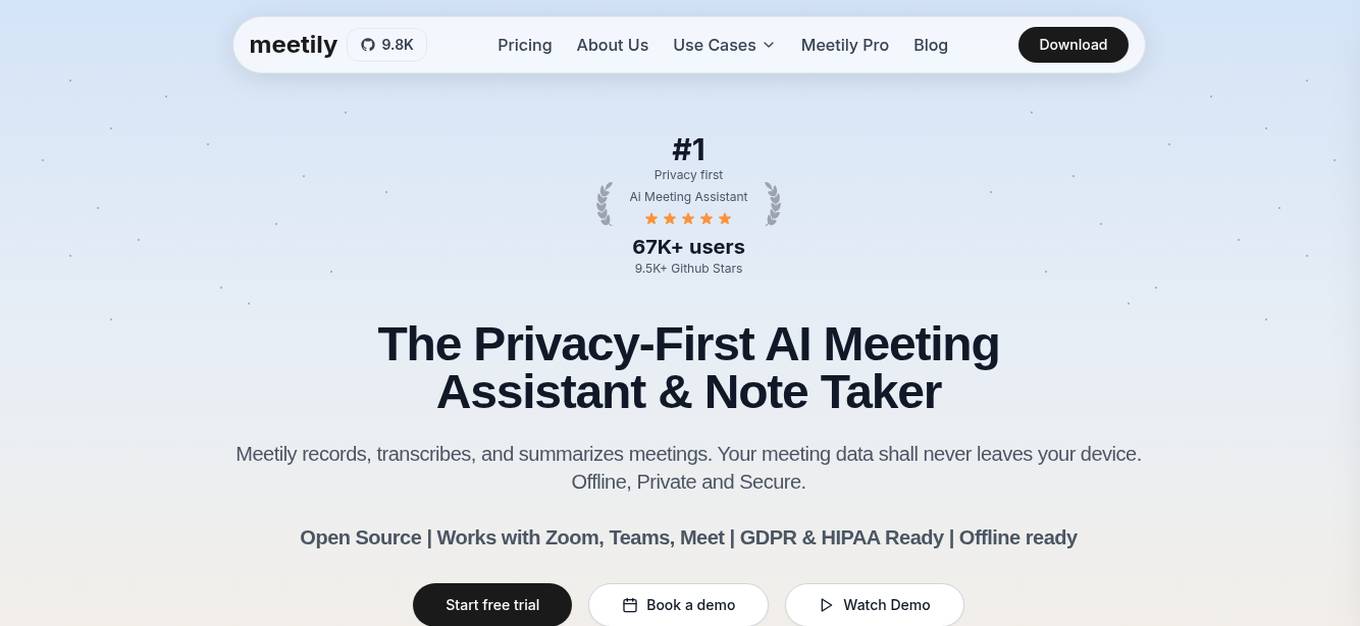
Meetily
Meetily is a privacy-first AI meeting assistant that records, transcribes, and summarizes meetings, ensuring that all data remains on the user's device. It is an open-source alternative to services like Otter.ai and Granola, offering features such as real-time transcription, AI-generated summaries, and compatibility with various video conferencing platforms. Meetily is designed for individuals and teams who prioritize privacy, security, and control over their meeting data, making it suitable for sensitive discussions in corporate, healthcare, and legal settings.
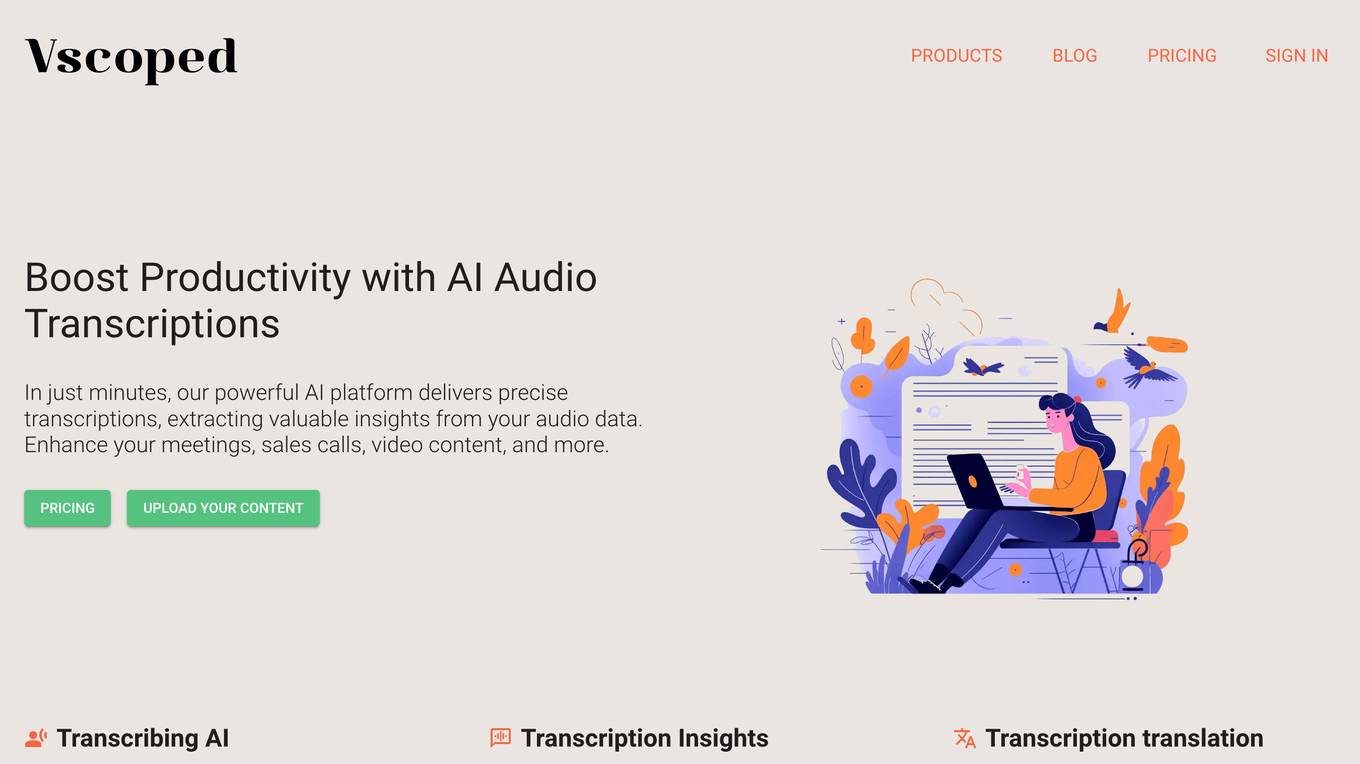
Vscoped
Vscoped is an AI-powered audio to text transcribing service that provides fast and accurate transcriptions in over 90 languages. It also offers transcription insights and translation services. Vscoped is suitable for various types of audio content, including business meetings, interviews, sales calls, and videos. With its exceptional accuracy, multilingual capabilities, and intuitive user experience, Vscoped helps businesses and individuals boost productivity and gain insights from their audio data.
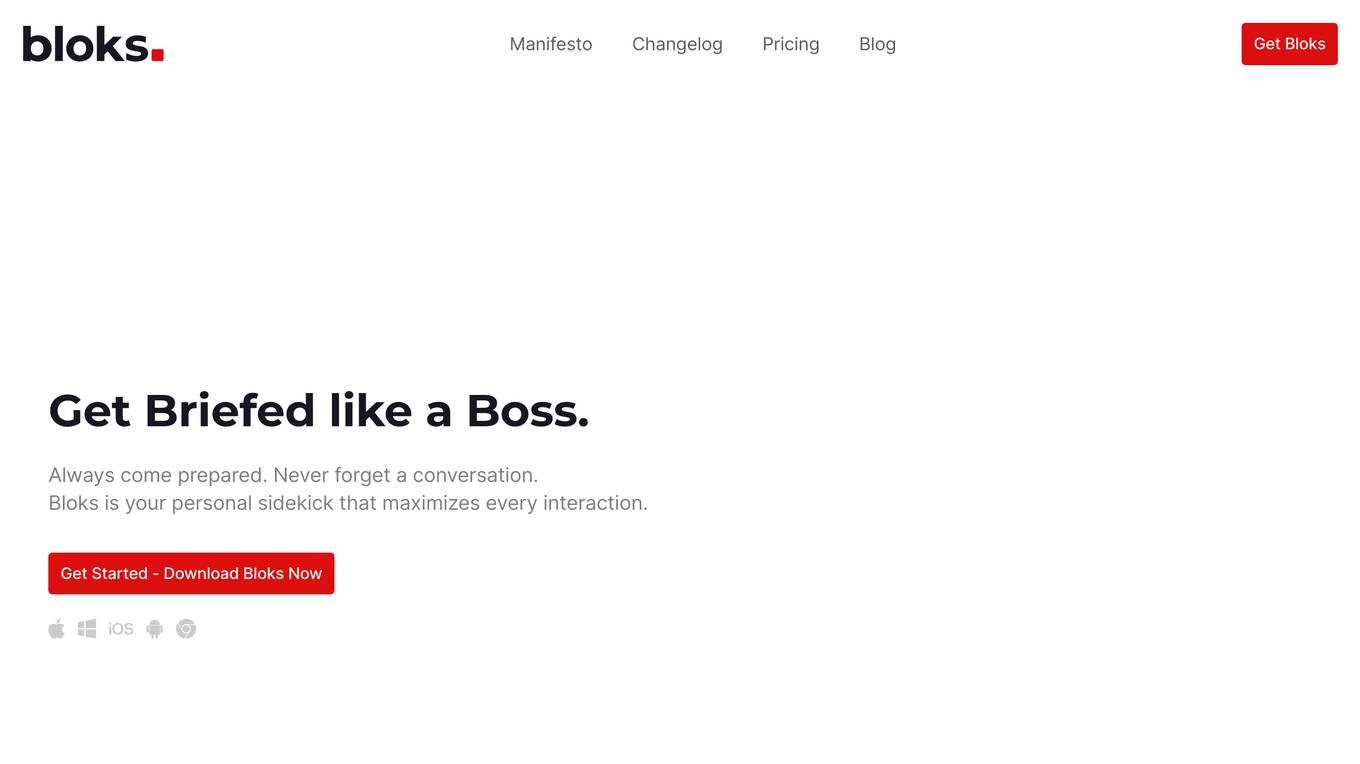
Bloks
Bloks is an AI-powered application designed to help users prepare for meetings by providing personalized briefs, meeting minutes, and relationship insights. It acts as a personal sidekick, maximizing every interaction by generating context-aware summaries, templates, and meeting dynamics based on personality types. Bloks eliminates the need for manual note-taking by automatically capturing and summarizing conversations from various sources like emails, attachments, and CRM. Users can chat with Bloks to get detailed meeting insights, relationship progress summaries, and identify conversation trends. The application is used in leading organizations to enhance productivity and streamline meeting preparation.
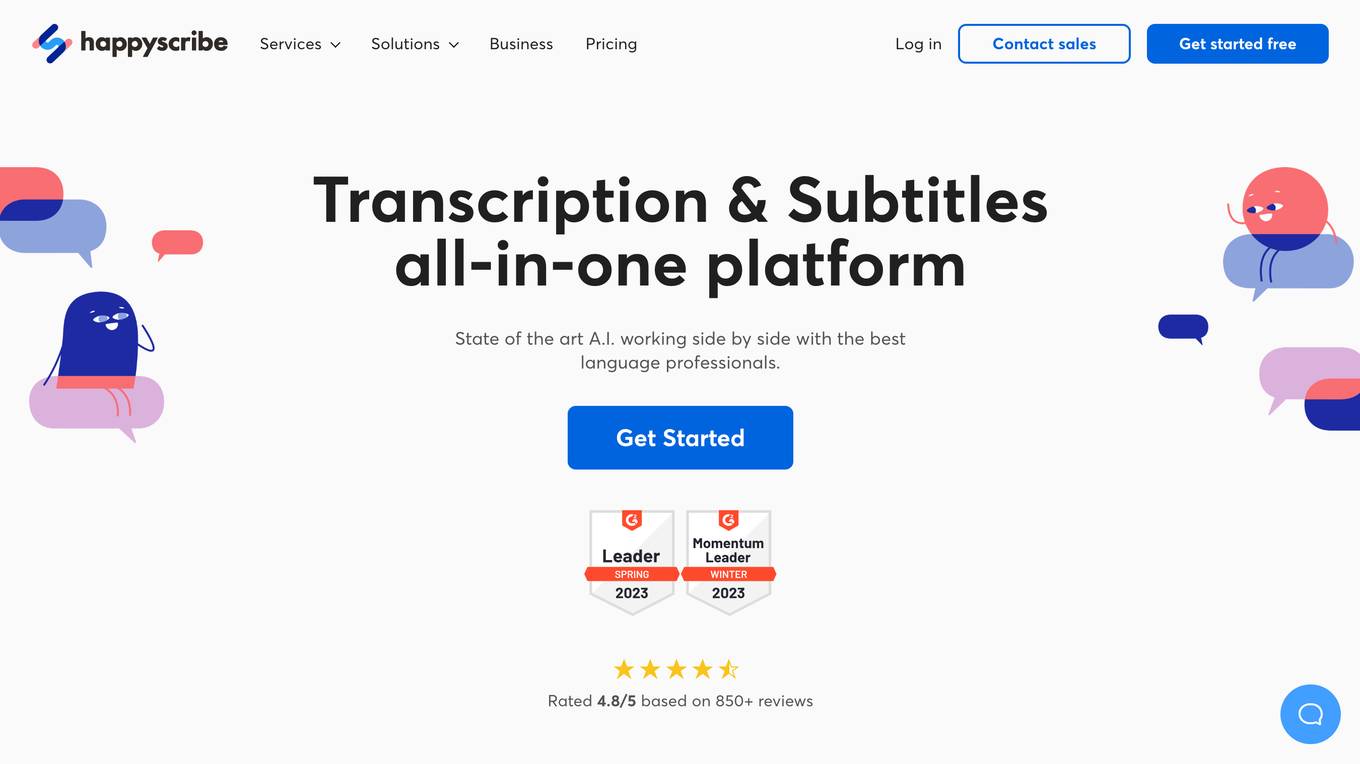
HappyScribe
HappyScribe is an AI transcription tool that converts audio and video files into text with high accuracy. It offers a seamless and efficient way to transcribe various types of content, saving time and effort for users. The tool is equipped with advanced AI technology to ensure precise transcription results. HappyScribe is trusted by professionals, students, and content creators for its reliability and user-friendly interface.
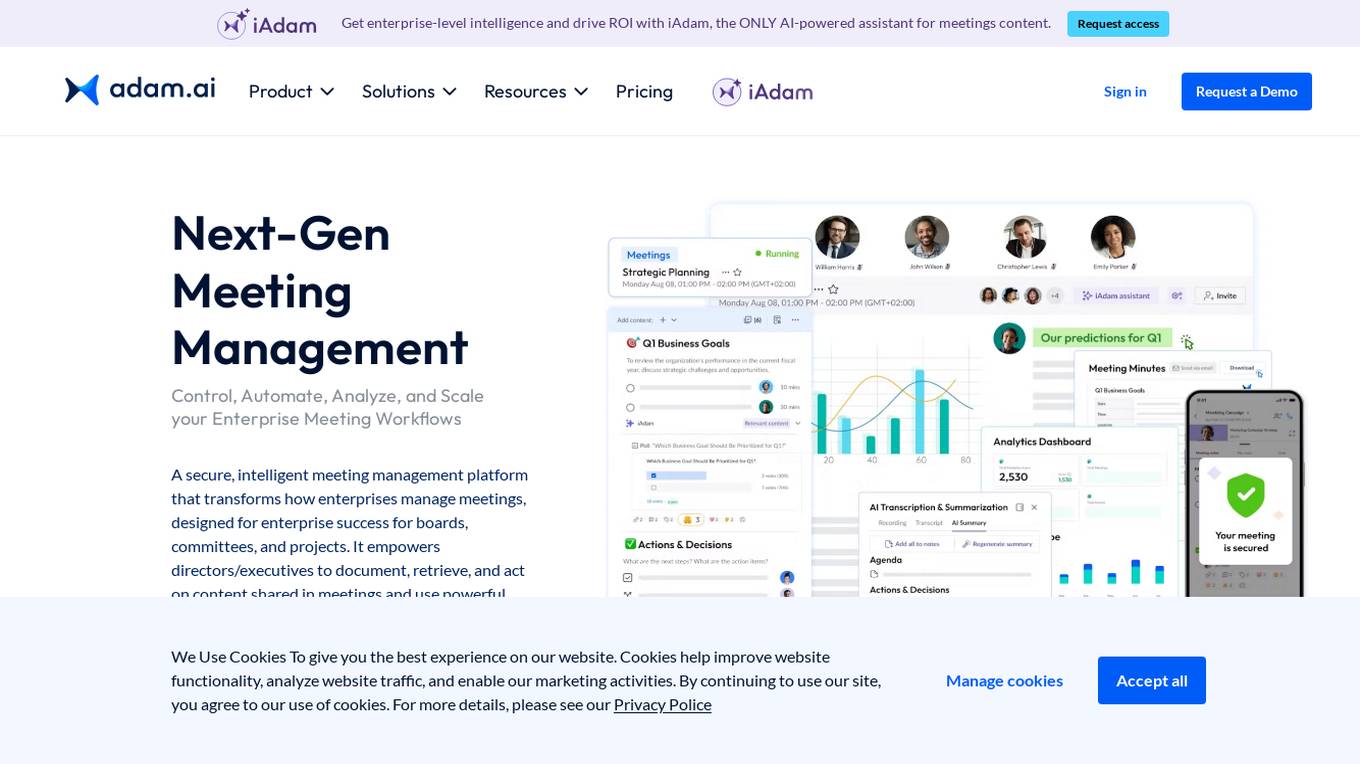
adam.ai
adam.ai is an AI-powered assistant for meeting management that offers enterprise-level intelligence to drive ROI. It provides a secure and intelligent platform for managing meetings, designed for boards, committees, and projects. The platform empowers directors and executives to document, retrieve, and act on meeting content, enhancing decision-making and organizational ROI.
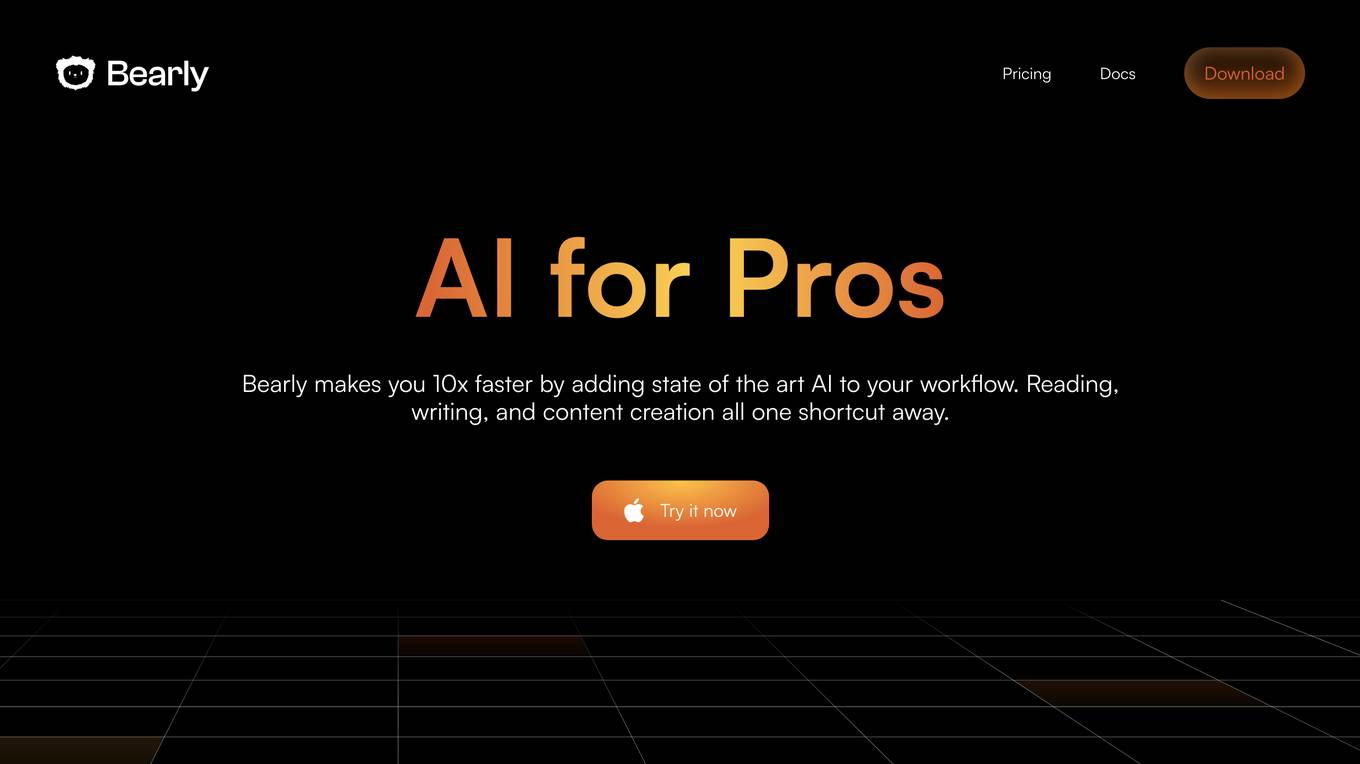
Bearly
Bearly is an AI-powered tool that enhances your workflow by providing advanced AI capabilities. It integrates seamlessly with your existing workflow, allowing you to read, write, and create content with ease. With Bearly, you can interact with documents, analyze and ask questions, transcribe audio and video, access real-time web information, and generate meeting minutes. Its open AI platform provides access to various AI models, ensuring you find the perfect fit for your needs. Bearly prioritizes security, with zero logging, chat and document encryption, and a secure infrastructure to safeguard your data.
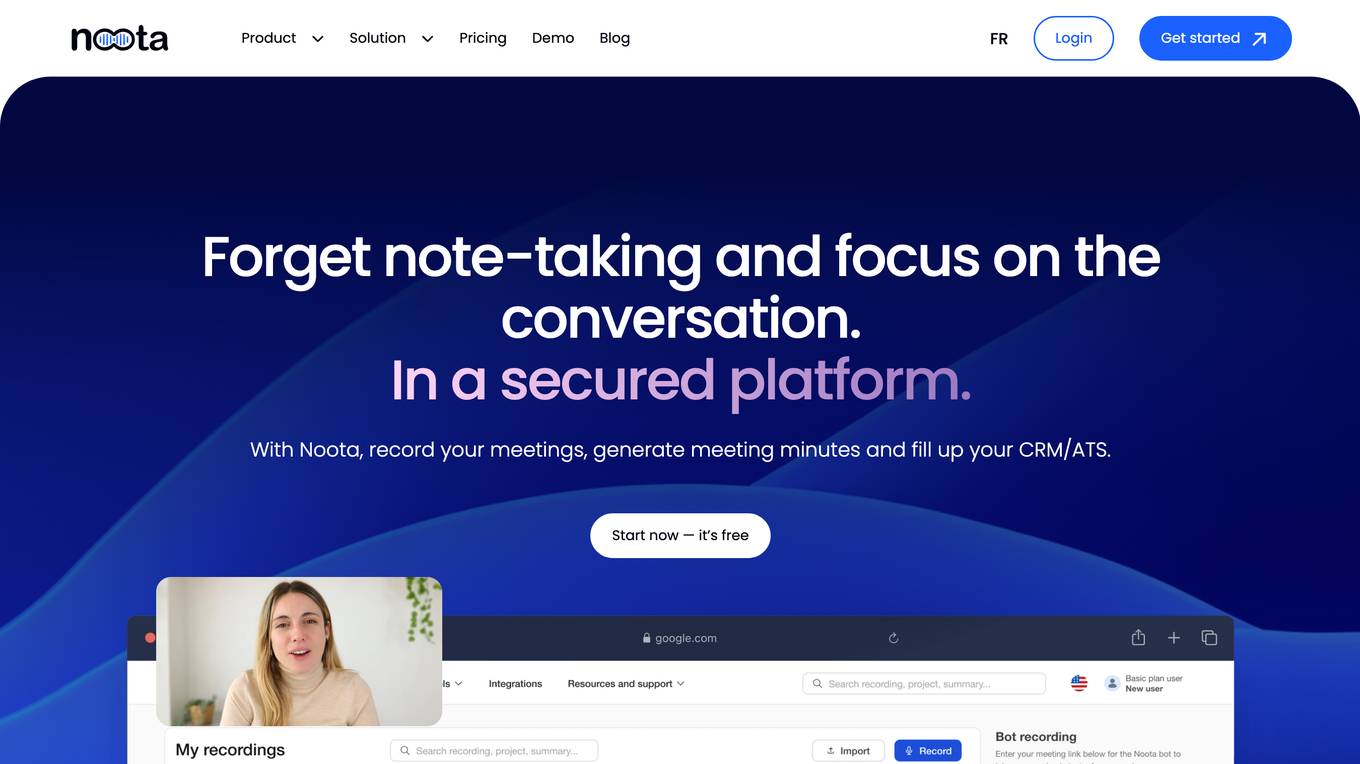
Noota
Noota is a conversational intelligence platform that helps businesses record, transcribe, and generate meeting minutes. It also offers features such as automated interview reports, structured interviews, automated ATS job ad generator, generic meeting recorder, and conversational intelligence. Noota integrates with popular video conferencing platforms such as Zoom, Teams, and Meet, and offers a variety of subscription plans to meet the needs of different businesses.
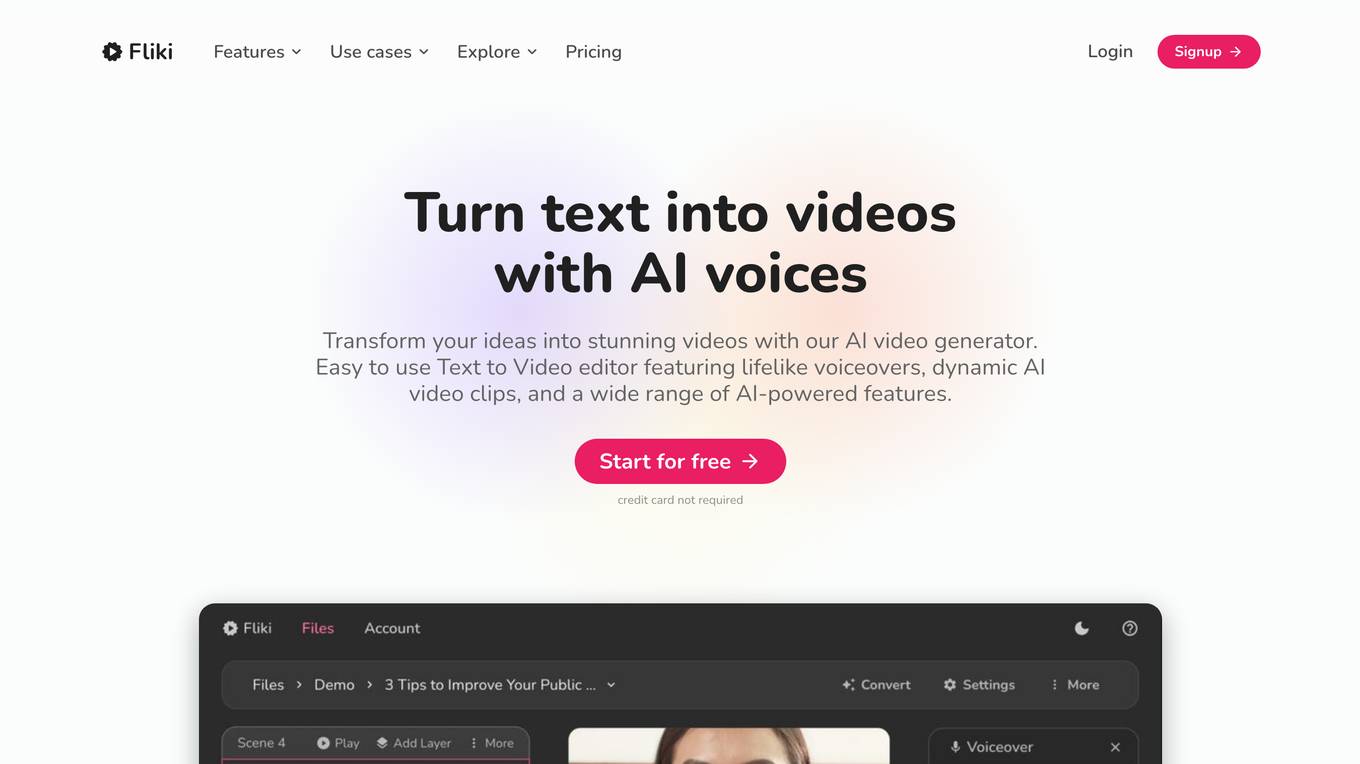
Fliki
Fliki is an AI-powered tool that allows users to turn text into videos with AI voices. It features an easy-to-use Text to Video editor with lifelike voiceovers, dynamic AI video clips, and a wide range of AI-powered features. Fliki is trusted by over 50,000 companies of all sizes to create professional and engaging videos for various use cases, such as training, HR & internal communications, content creation, education, and marketing. The platform offers a free tier with the ability to generate 5 minutes of audio and video content per month, and advanced features are available through paid subscriptions.
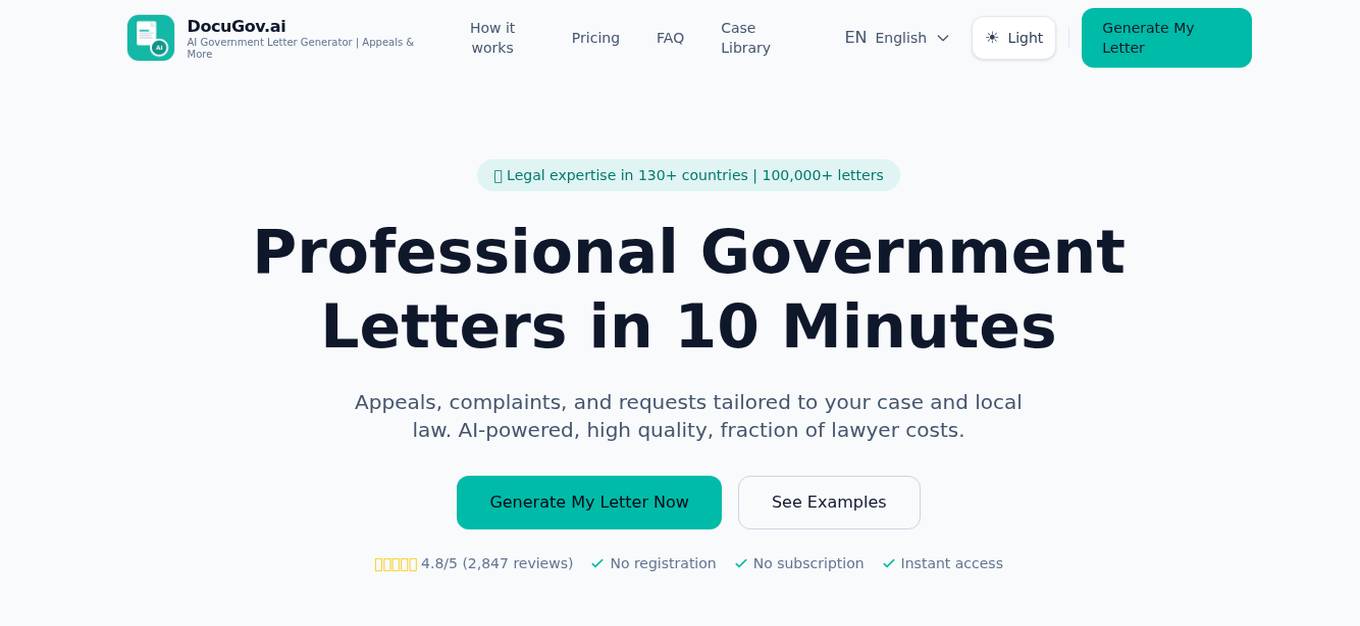
DocuGov.ai
DocuGov.ai is an AI-powered Government Letter Generator that helps users create professional administrative letters such as appeals, complaints, and requests tailored to their case and local law. It provides high-quality documents at a fraction of the cost of hiring a lawyer, with legal expertise in 130+ countries. Users can generate letters in minutes, with no registration or subscription required.
Appicons.ai
Appicons.ai is an AI-powered platform that helps users create beautiful, professional-looking app icons without any hassle. With just a few clicks, users can generate unique icons that are tailored to their specific needs. Appicons.ai is perfect for anyone who wants to create stunning icons for their apps, websites, or other projects.
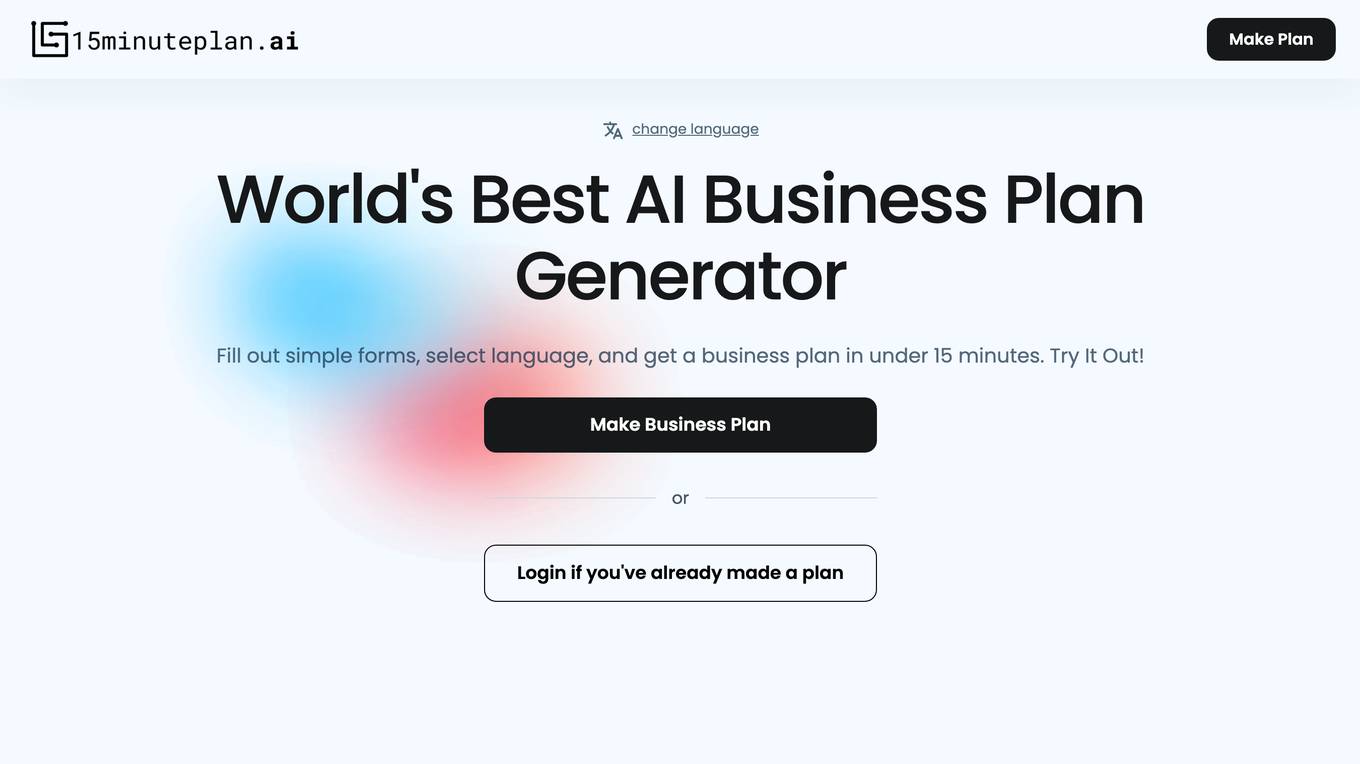
15minuteplan.ai
15minuteplan.ai is a cutting-edge AI Business Plan Generator that enables entrepreneurs to create professional business plans in under 15 minutes. The tool simplifies the process by guiding users through a series of questions and leveraging advanced language models like GPT-3.5 and GPT-4 to generate comprehensive plans. It caters to entrepreneurs seeking investor funding, bank loans, or simply looking to create a business plan for various purposes. The AI tool is designed to save time and effort by providing quick and efficient solutions for business planning.
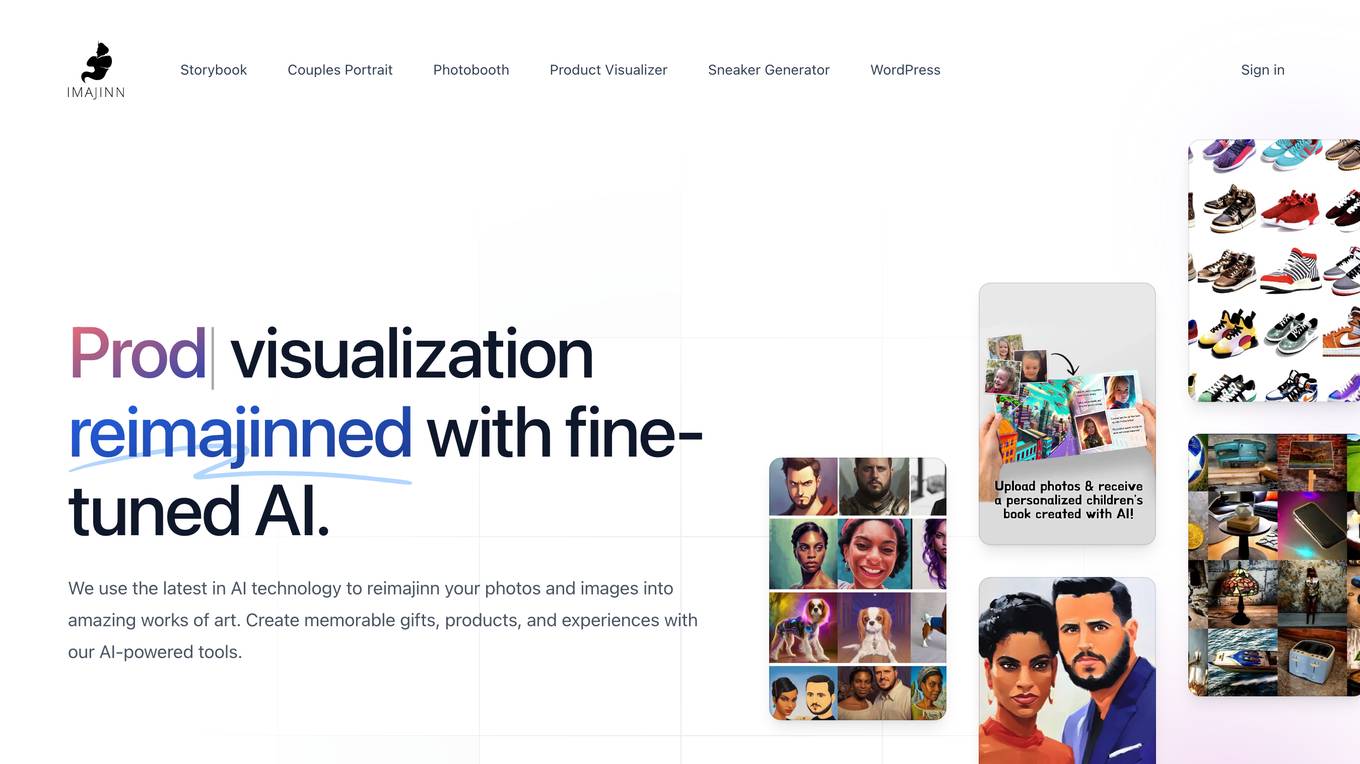
Imajinn AI
Imajinn AI is a cutting-edge visualization tool that utilizes AI technology to transform photos and images into stunning works of art. With a suite of AI-powered products and tools, users can create personalized children's books, printed couples portraits, profile picture photobooth images, product photo visualizations, and design unique sneakers. The tool also offers an AI plugin for WordPress websites, allowing users to generate royalty-free images effortlessly. Imajinn AI provides a fun and creative way to bring ideas to life, catering to individuals, small businesses, and enterprises alike.

ProPhotos
ProPhotos is an AI-powered headshot generator that allows users to create professional-looking headshots without the need for a traditional photoshoot. The tool uses artificial intelligence to generate realistic headshots that can be used for LinkedIn, resumes, and other professional materials. ProPhotos offers a variety of pricing options, starting at $25 for a basic package. The tool is easy to use and can generate headshots in minutes.
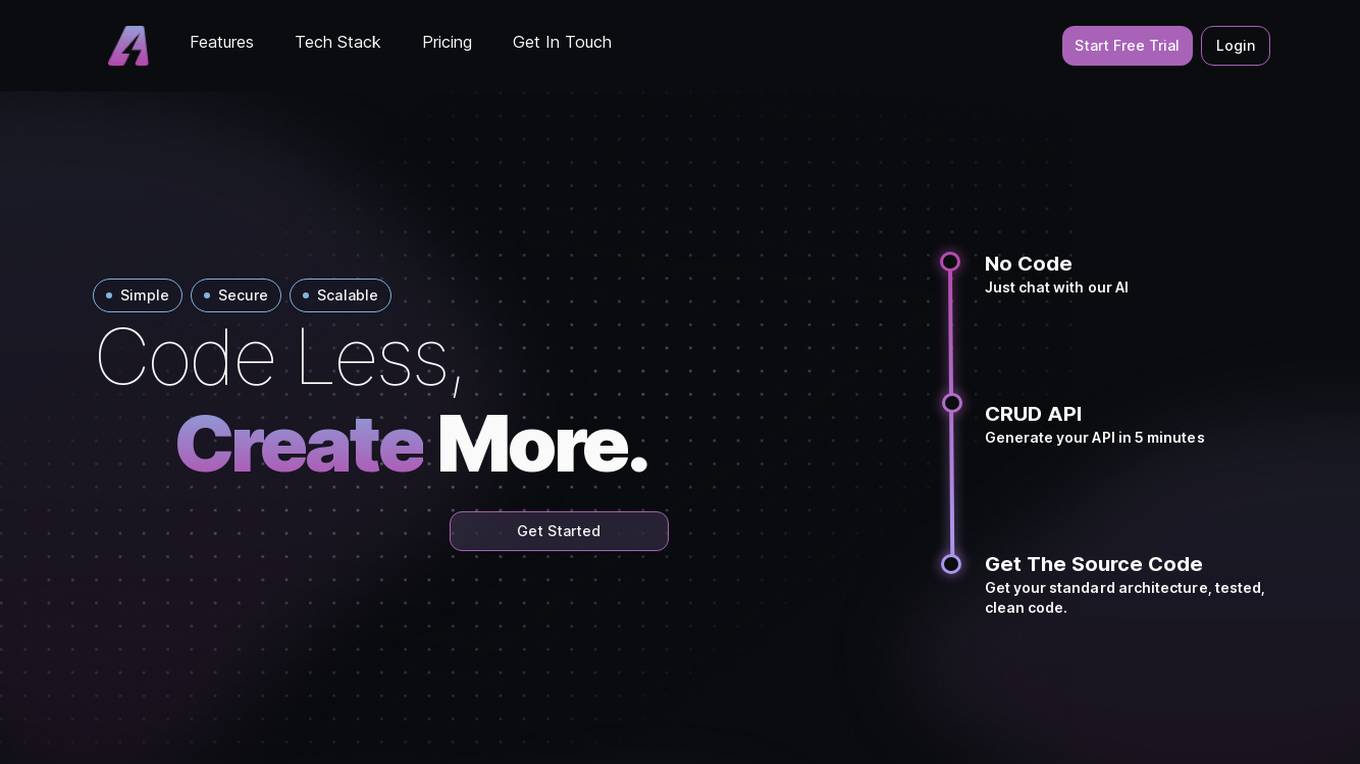
AppAsap
AppAsap is an AI-driven application development platform that allows users to create mobile apps effortlessly by simply chatting with the AI. The platform offers a range of features including database visualization, API playground, admin CMS, frontend builder, and more. It is designed to be simple, secure, and scalable, with built-in GDPR compliance and robust encryption. Users can generate APIs in minutes, access clean source code, and benefit from seamless visual customization. AppAsap is built with Express.js, React, Prisma, Typescript, RDS, and ECS, ensuring high-quality performance and reliability. The platform offers flexible pricing options to suit different needs, with a free trial available. Get in touch with the support team via email or Discord for assistance and start creating your app today.
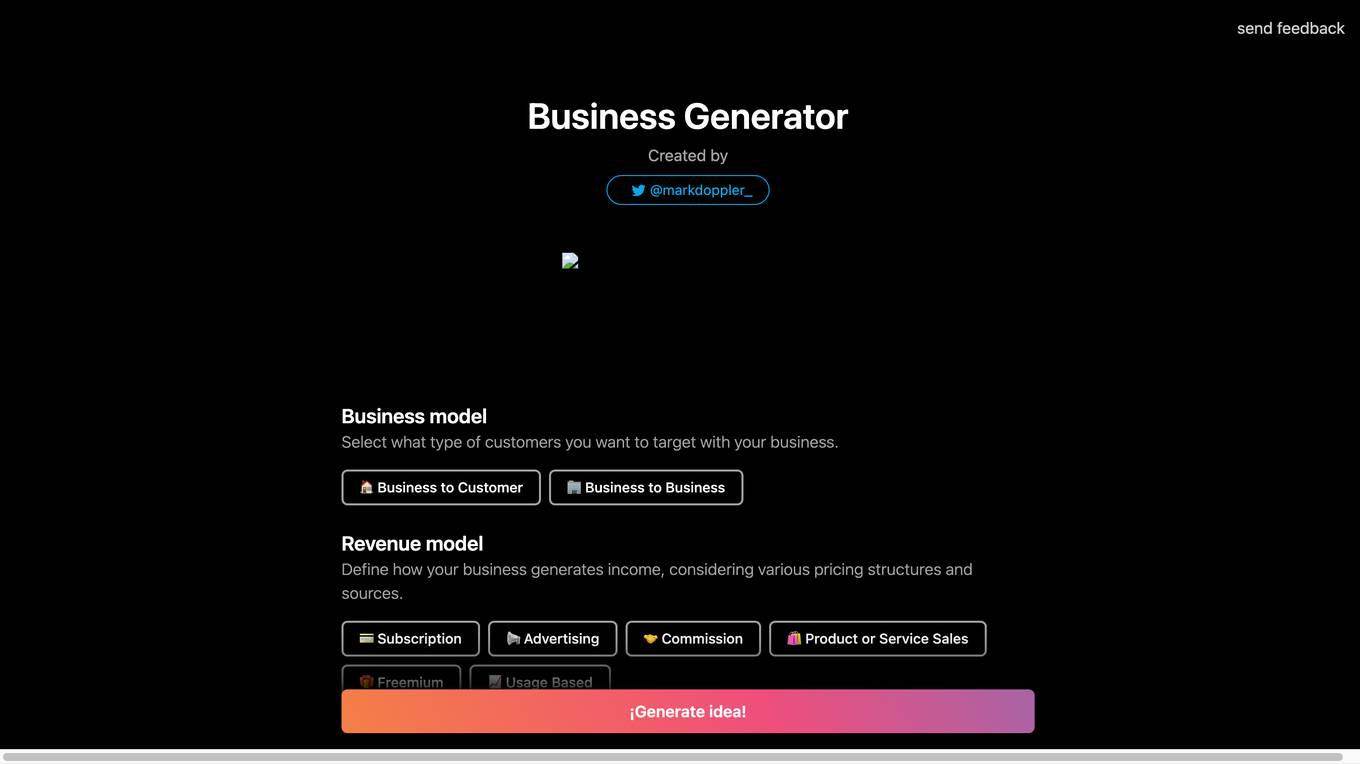
Business Generator
Business Generator is a tool that helps entrepreneurs and business owners generate ideas for new businesses. It provides a step-by-step process to help users define their target market, revenue model, technology stack, industry, investment level, competition, experience level, environmental impact, regulatory requirements, and response language. The tool then generates a list of potential business ideas based on the user's input.
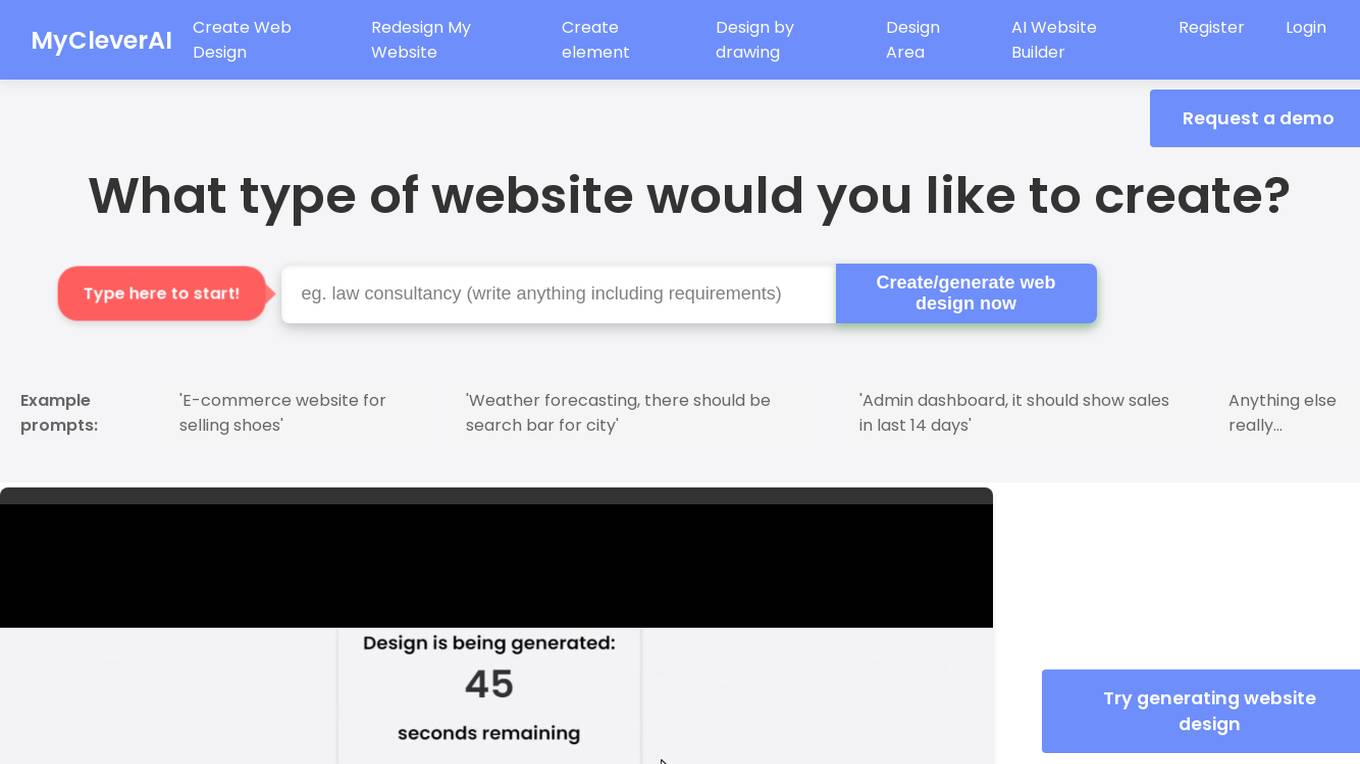
MyCleverAI
MyCleverAI is an AI-powered website builder that generates website designs using CSS/HTML based on text prompts or drawings. Users can create, redesign, and adjust web designs quickly and easily. The tool offers features like generating logo and blog articles, adjusting design specifics, creating different homepage versions, and more. MyCleverAI saves time and energy by providing lightning-fast customizable designs, reducing costs with its revolutionary technology. Users can download the generated designs as CSS/HTML files and use them on their websites.

Rune Content
Rune Content is an AI-powered online course creator that enables users to generate comprehensive online courses with videos, slides, and scripts in minutes. With Rune Content, users can create courses on any topic and publish them to their preferred online course platforms such as Udemy, Teachable, and Skillshare. The platform is designed to democratize course creation, making it accessible to everyone, including influencers, business owners, side hustlers, and educators.
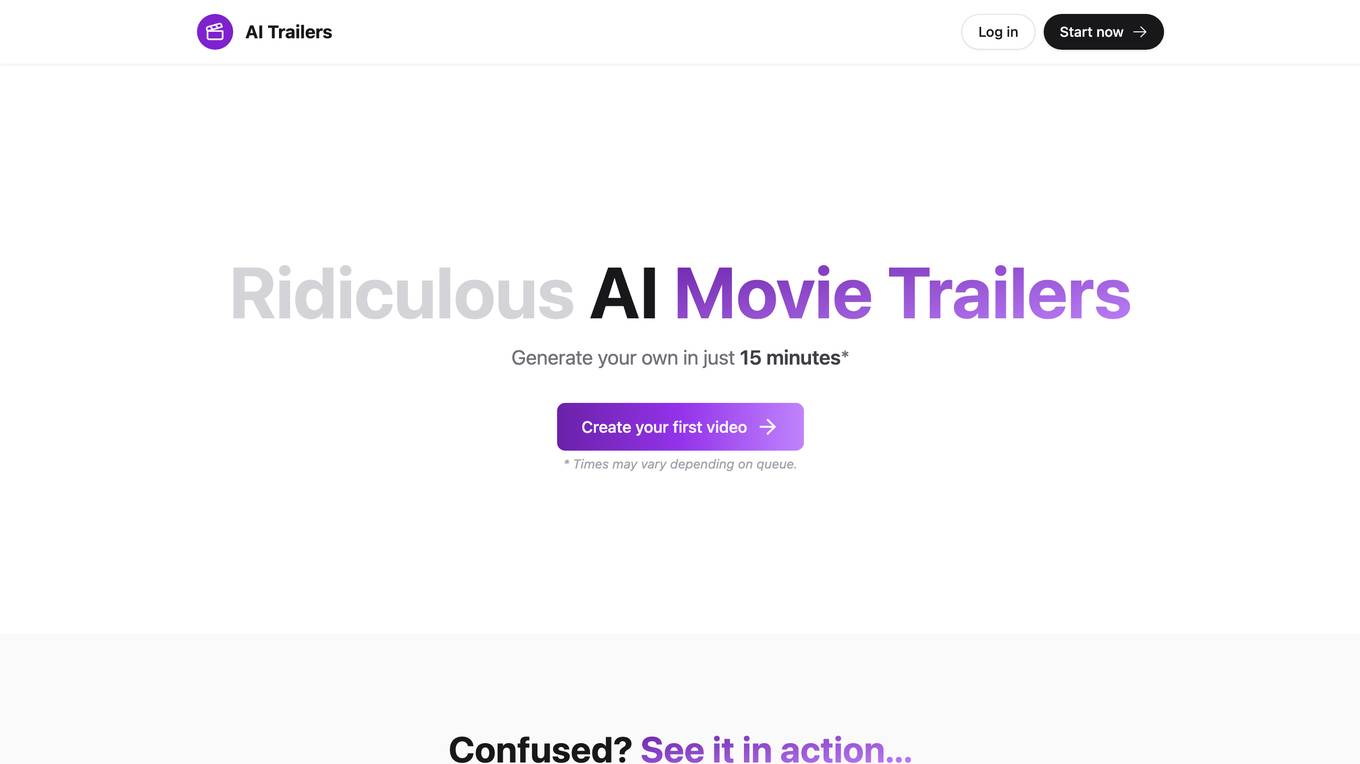
AI Trailers
AI Trailers is a web-based application that uses artificial intelligence to generate movie trailers. Users can create their own trailers in just 15 minutes by providing a few details about their movie. AI Trailers then uses its AI-powered technology to create a unique and engaging trailer that is sure to capture the attention of viewers.

Headsnap AI
Headsnap AI is an AI-powered tool that generates professional headshots from selfies. It is designed to help individuals and professionals enhance their online presence with high-quality headshots for social profiles, resumes, and professional portfolios. The tool uses advanced AI algorithms to analyze and enhance facial features, ensuring that the generated headshots are realistic and flattering.
0 - Open Source AI Tools
20 - OpenAI Gpts

📗All-around Teacher (Learn Everything in 3 min)
3 minutes to learn all kinds of knowledge, customized tutors for you, leveraging the powerful gpt4 and knowledge base,
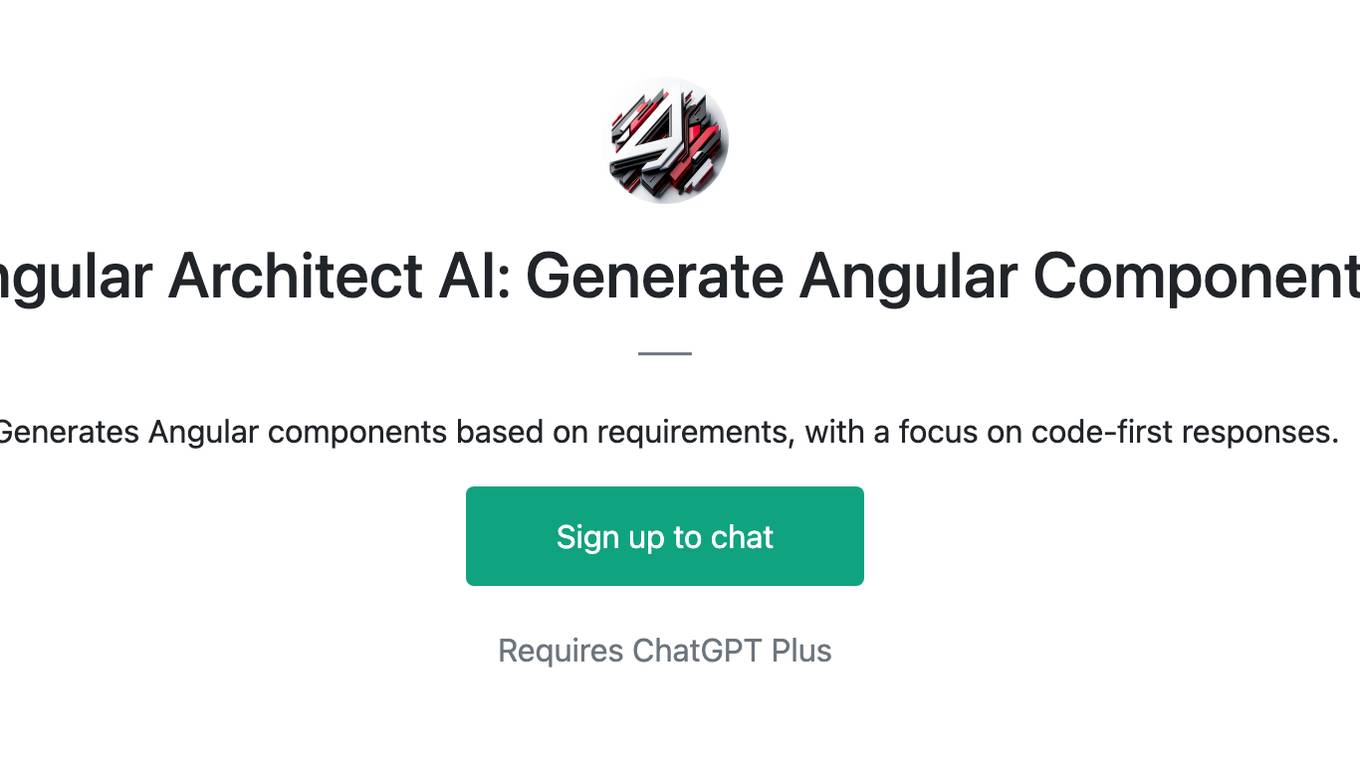
Angular Architect AI: Generate Angular Components
Generates Angular components based on requirements, with a focus on code-first responses.
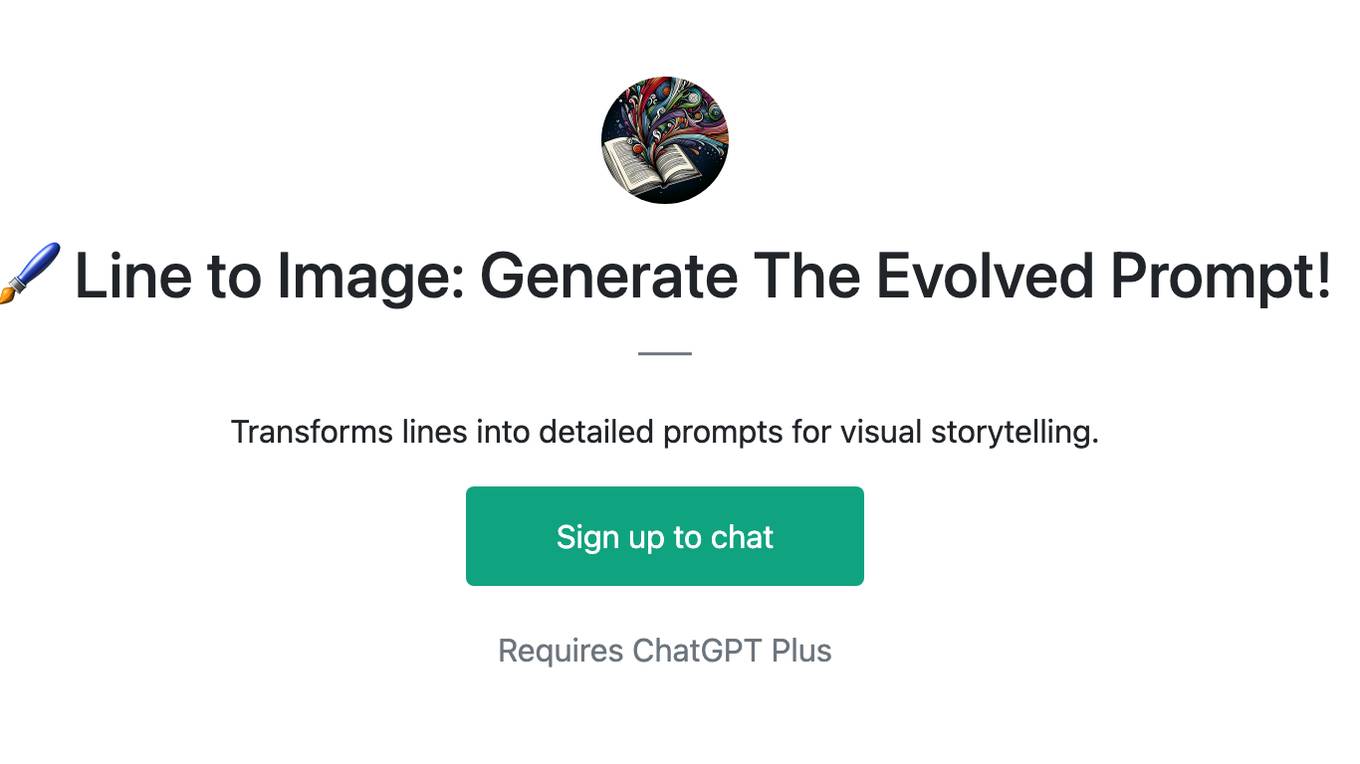
🖌️ Line to Image: Generate The Evolved Prompt!
Transforms lines into detailed prompts for visual storytelling.
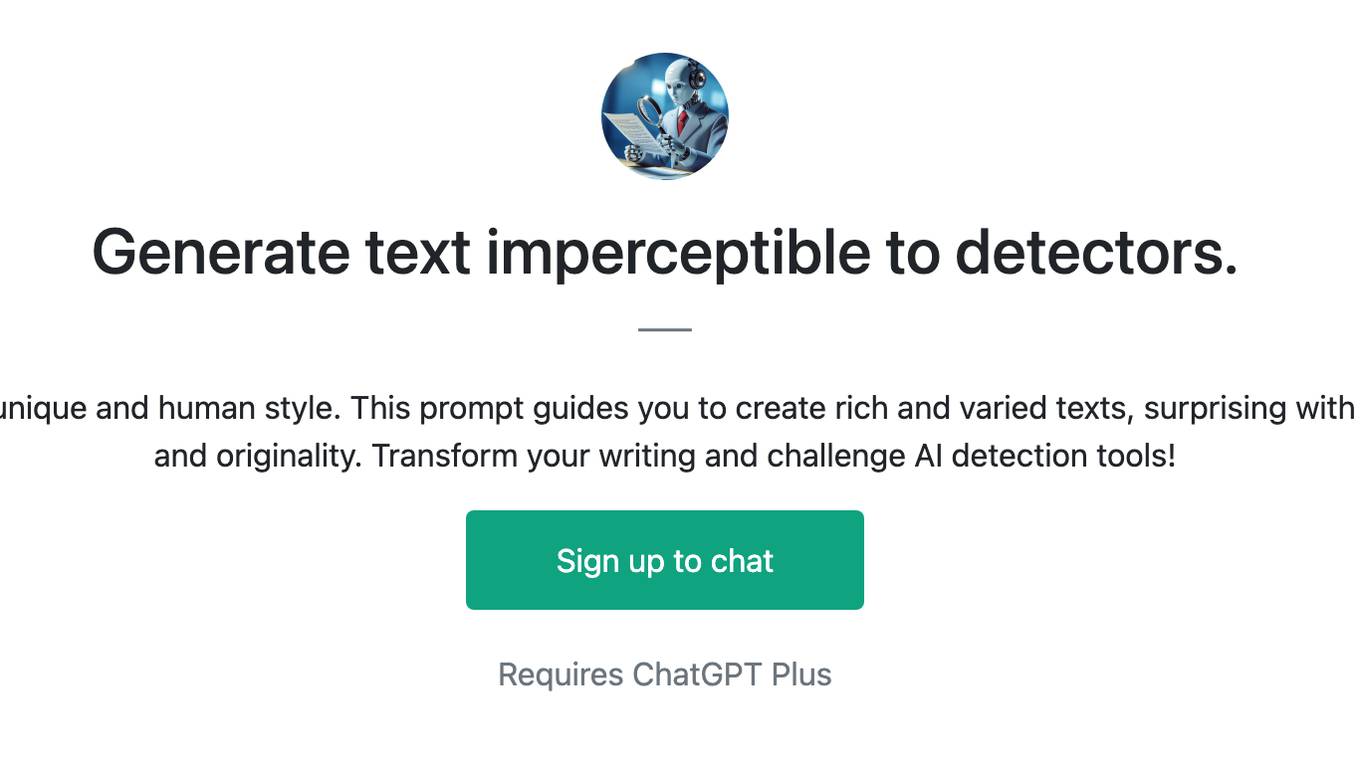
Generate text imperceptible to detectors.
Discover how your writing can shine with a unique and human style. This prompt guides you to create rich and varied texts, surprising with original twists and maintaining coherence and originality. Transform your writing and challenge AI detection tools!
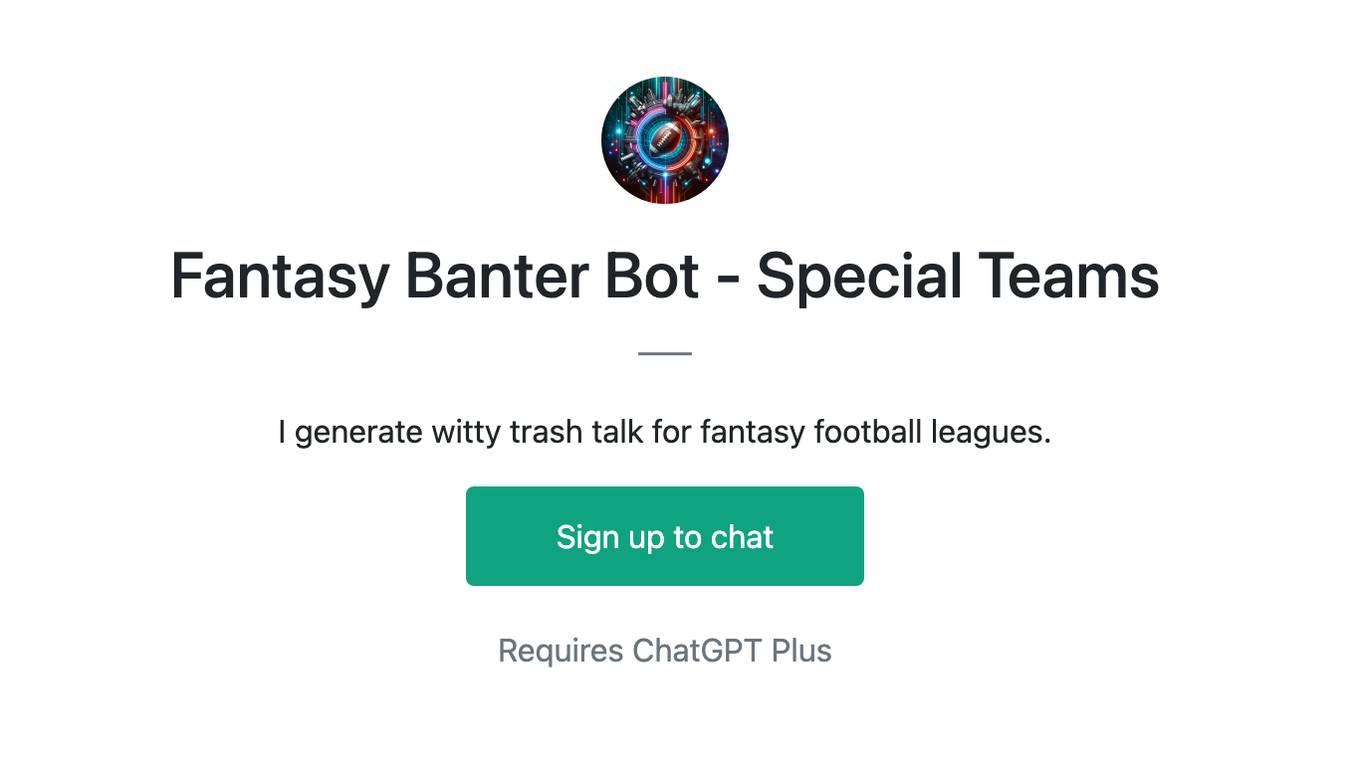
Fantasy Banter Bot - Special Teams
I generate witty trash talk for fantasy football leagues.
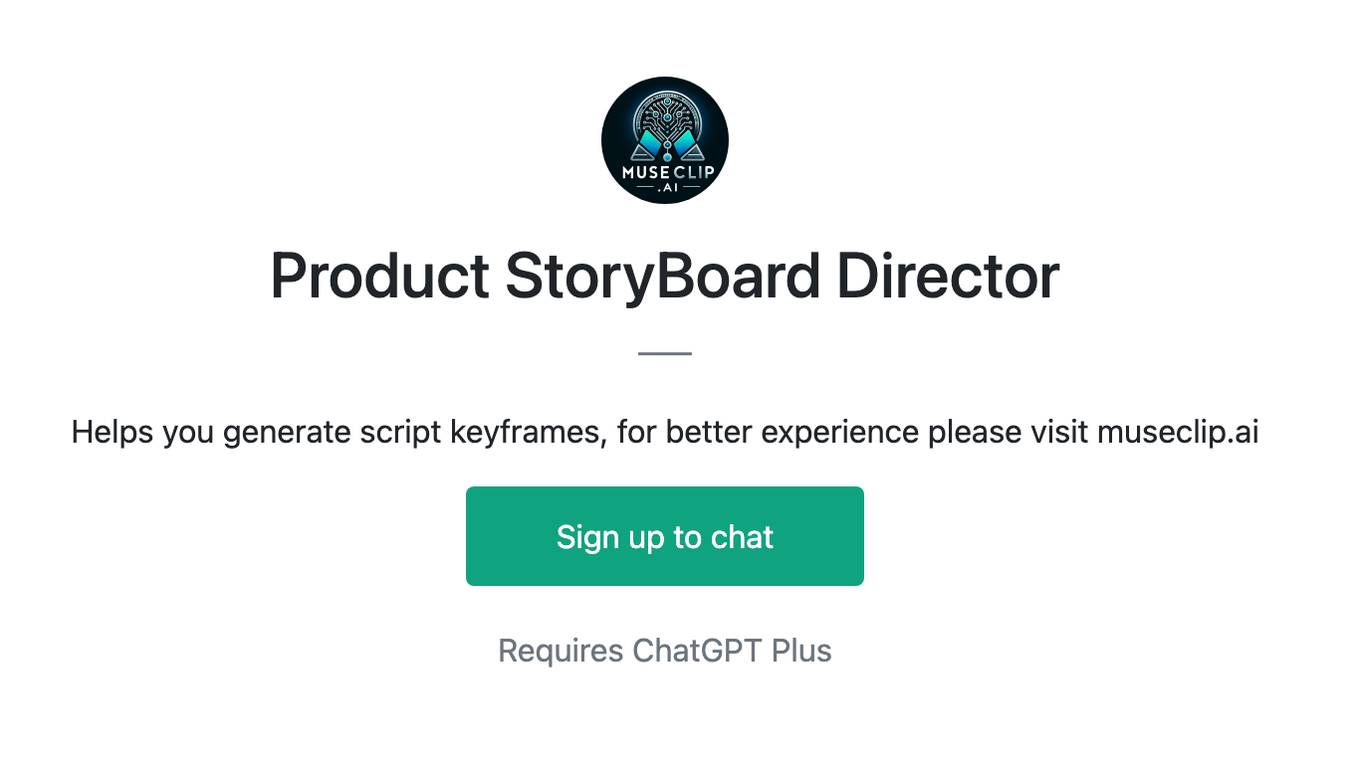
Product StoryBoard Director
Helps you generate script keyframes, for better experience please visit museclip.ai
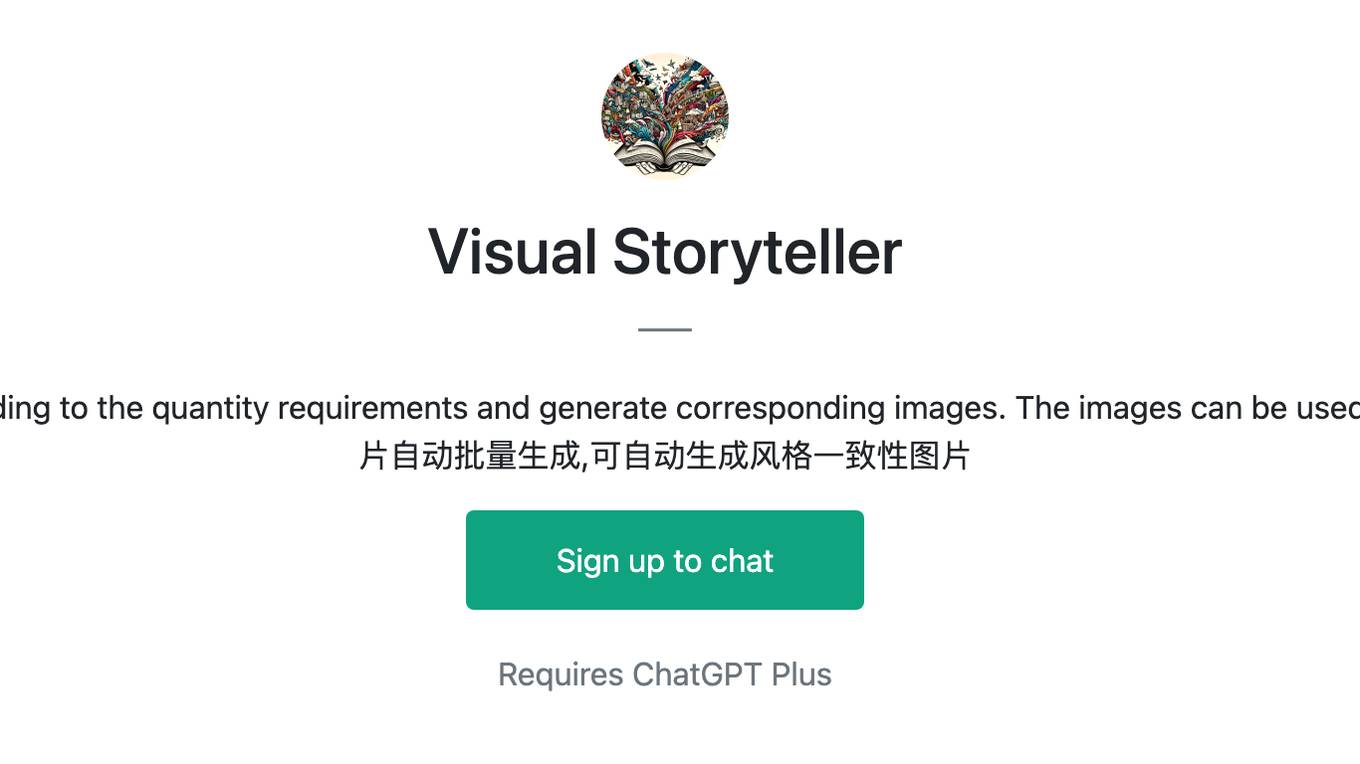
Visual Storyteller
Extract the essence of the novel story according to the quantity requirements and generate corresponding images. The images can be used directly to create novel videos.小说推文图片自动批量生成,可自动生成风格一致性图片
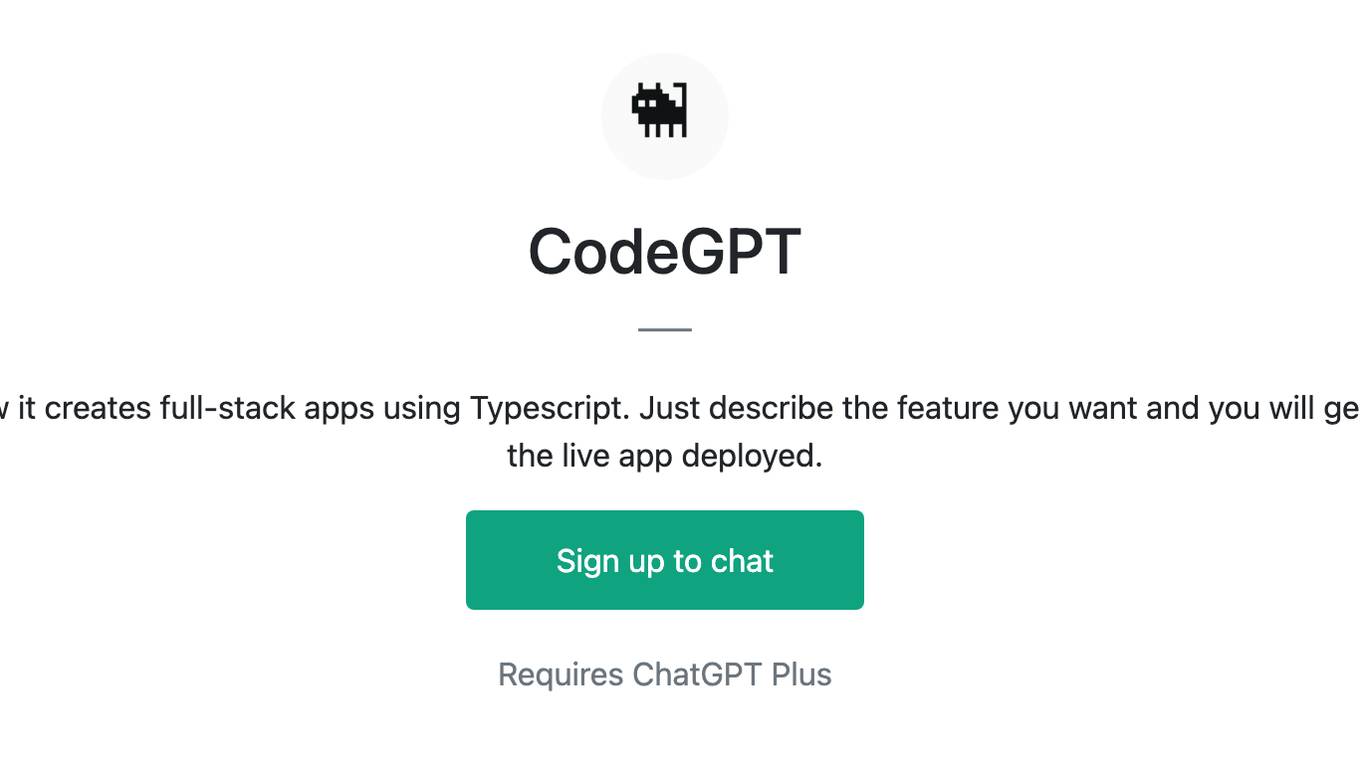
CodeGPT
This GPT can generate code for you. For now it creates full-stack apps using Typescript. Just describe the feature you want and you will get a link to the Github code pull request and the live app deployed.

